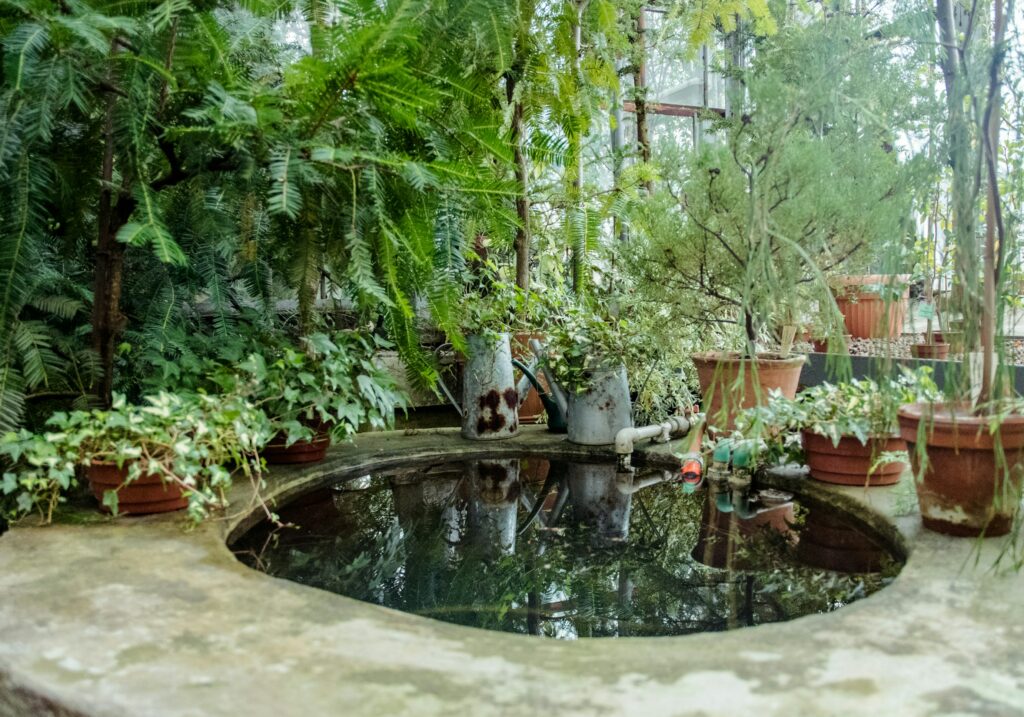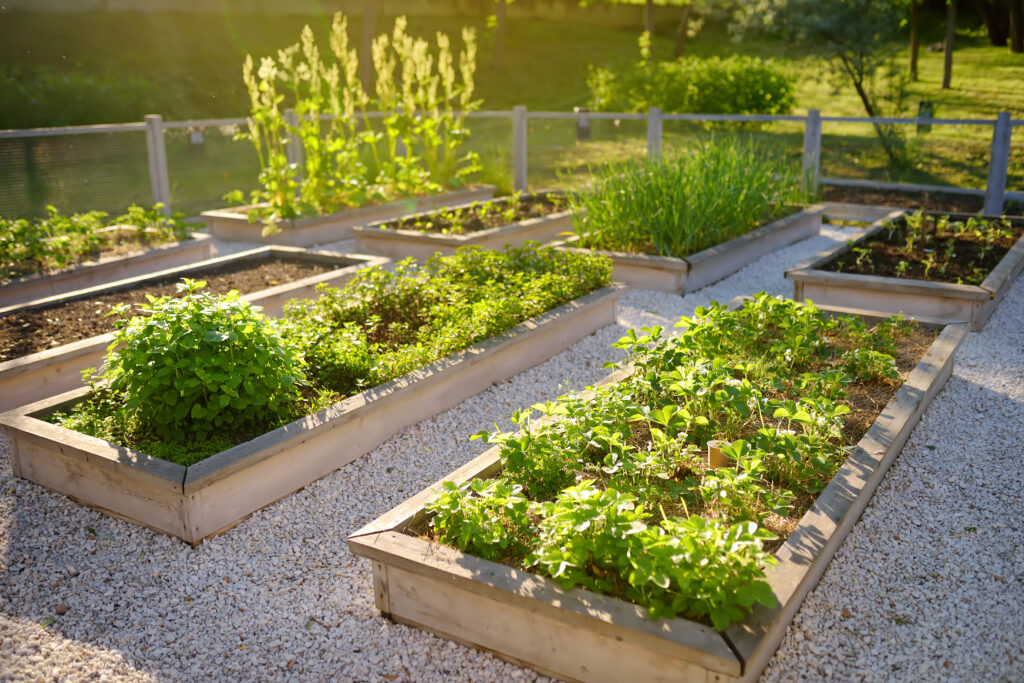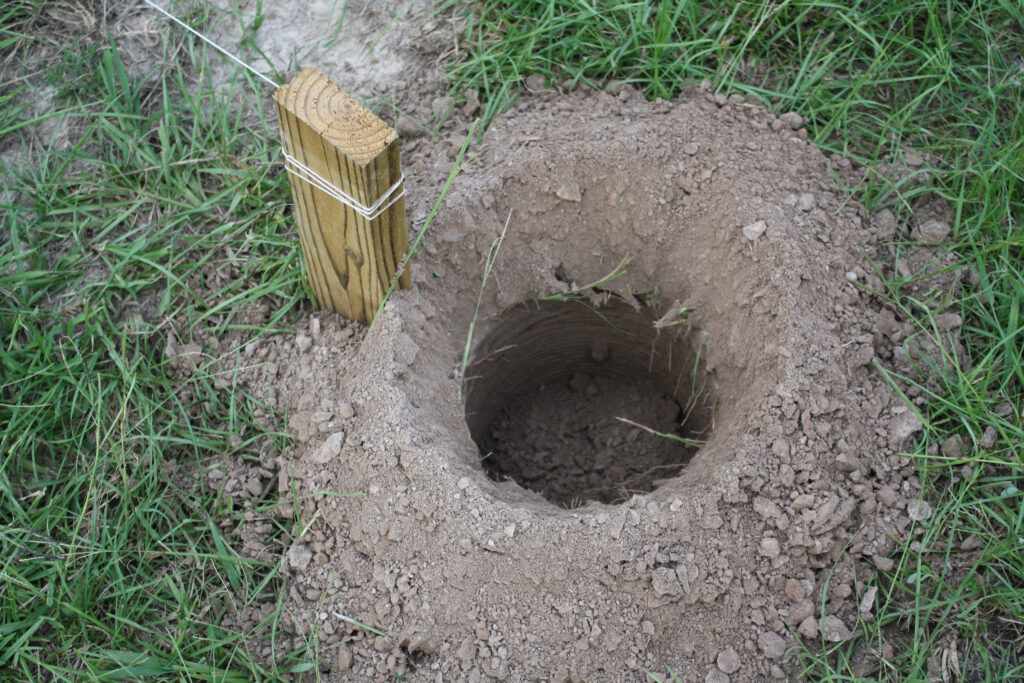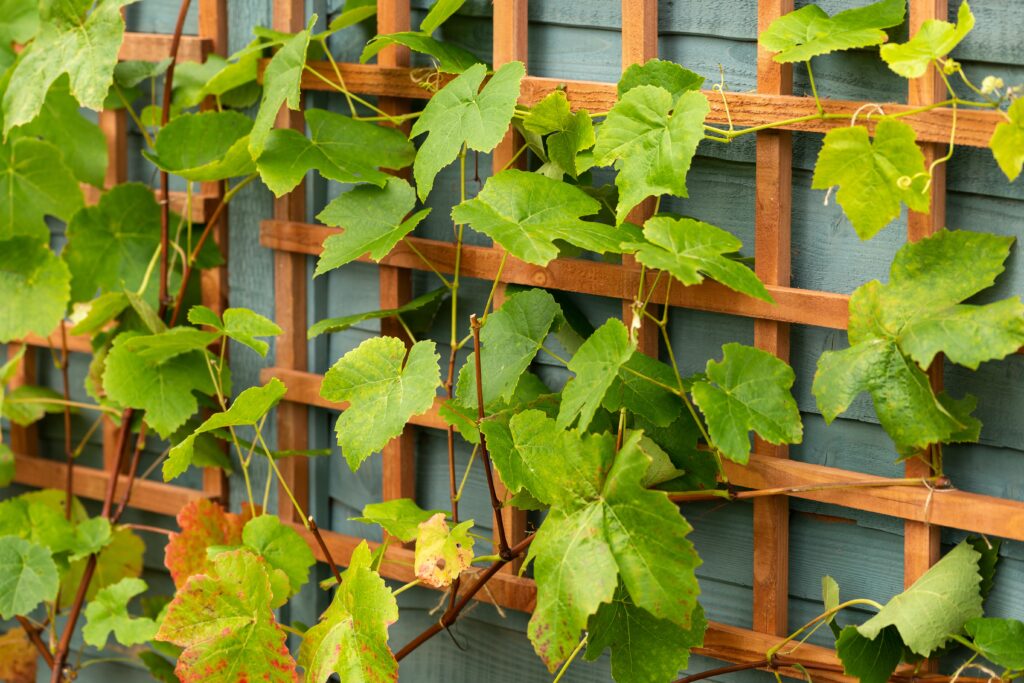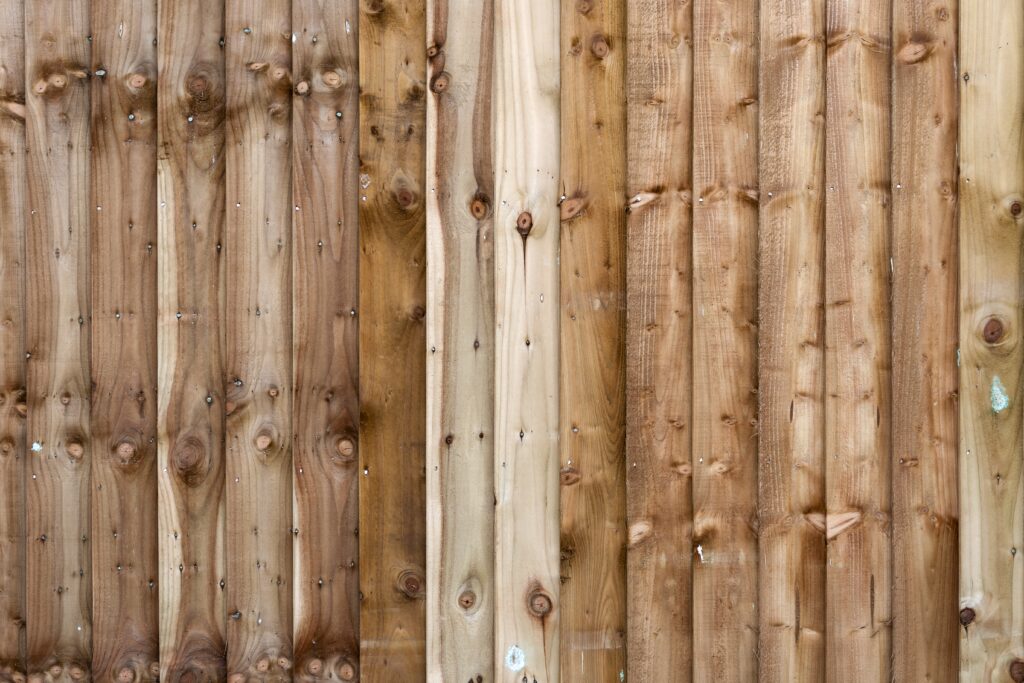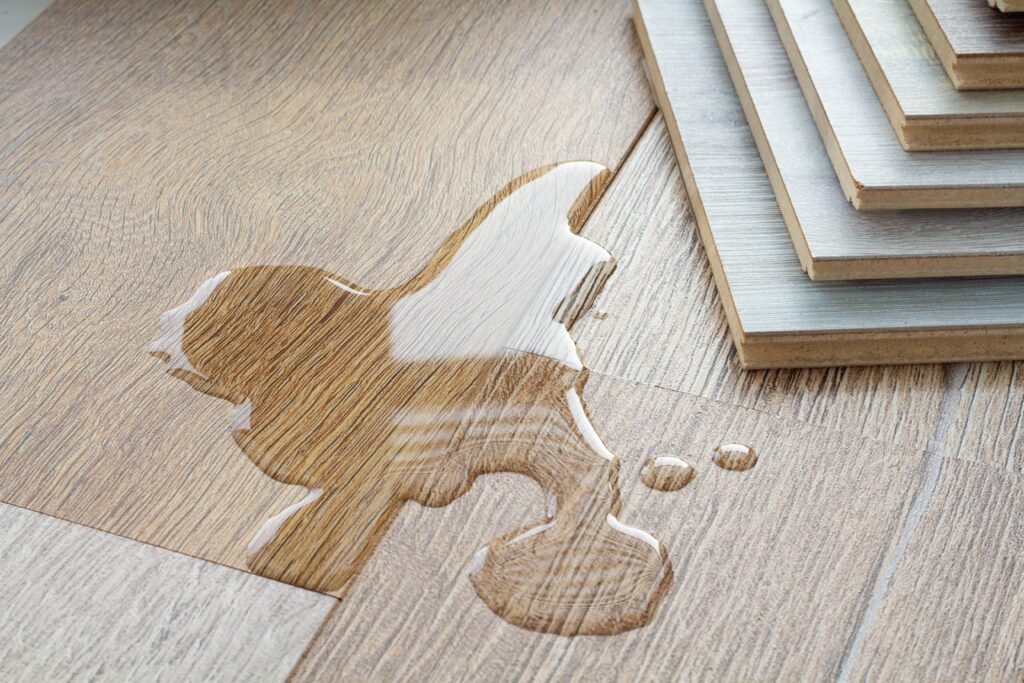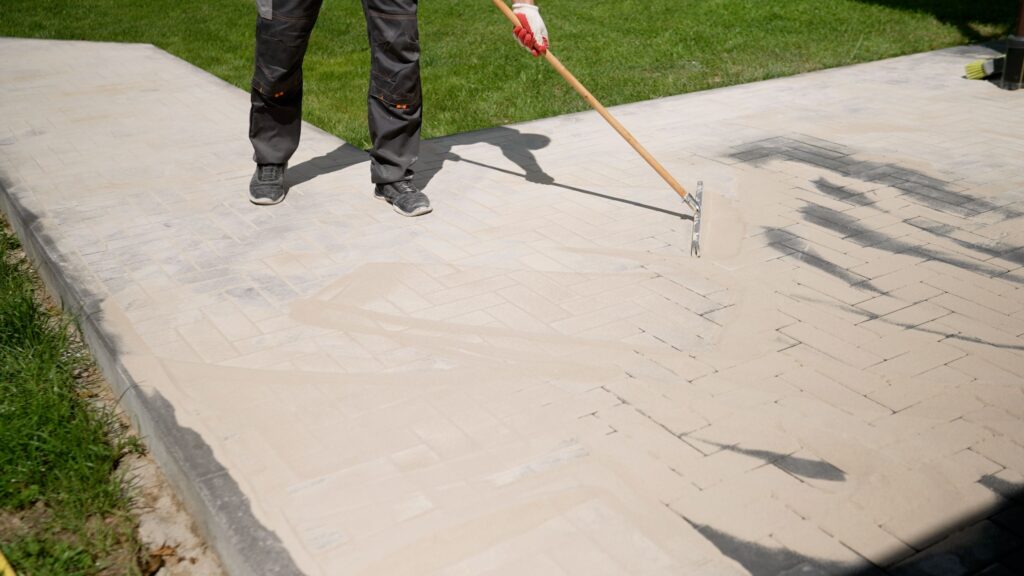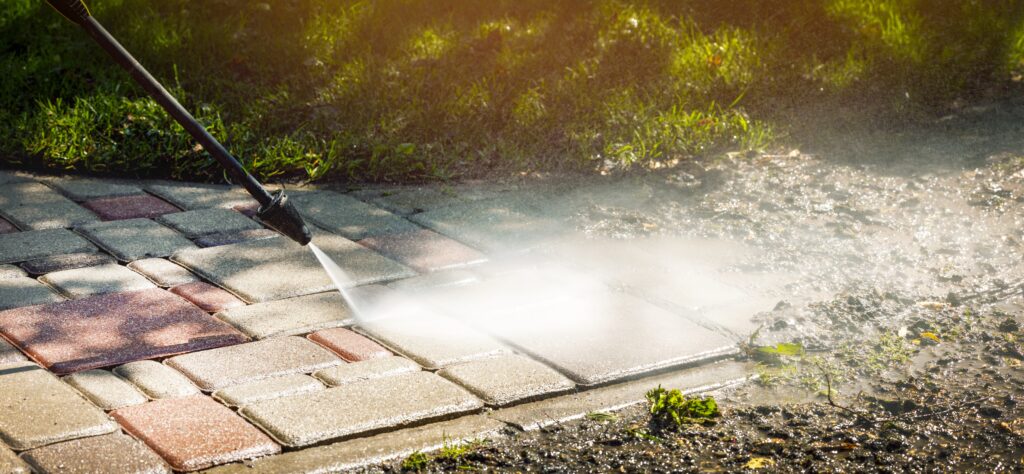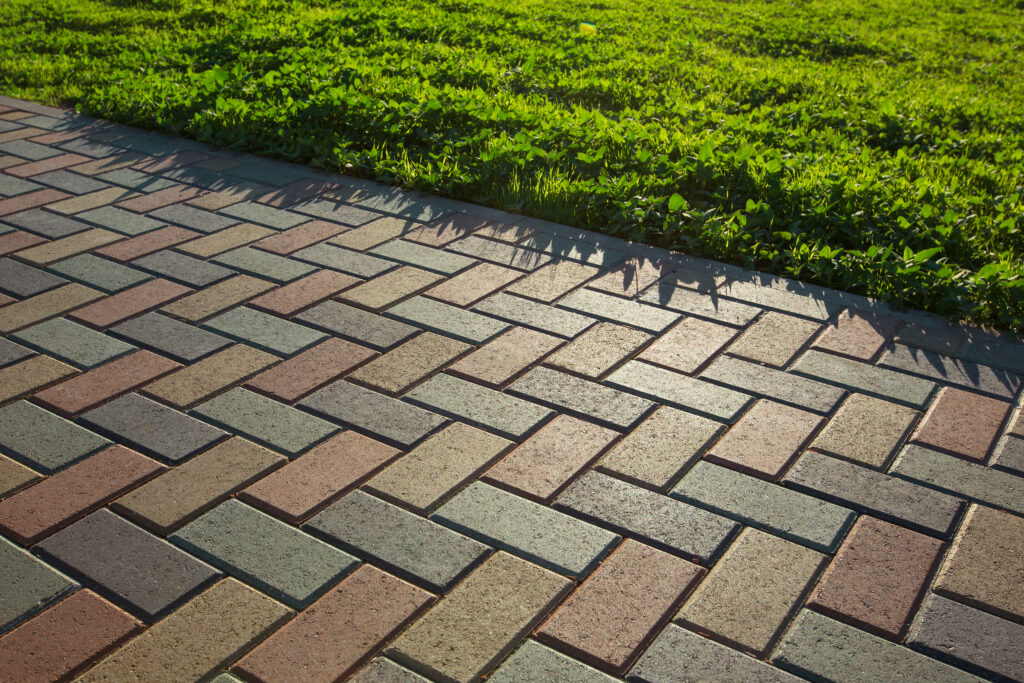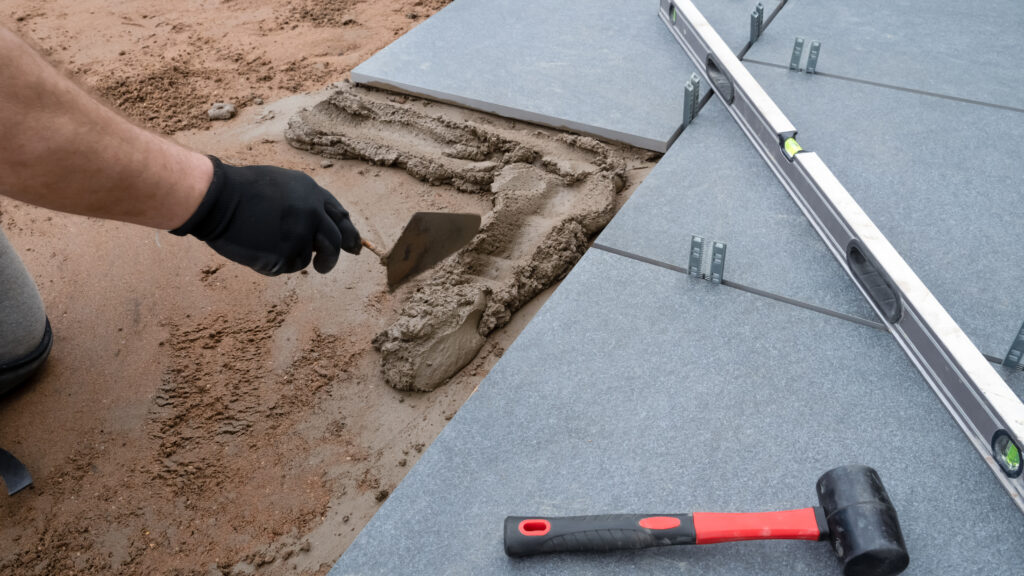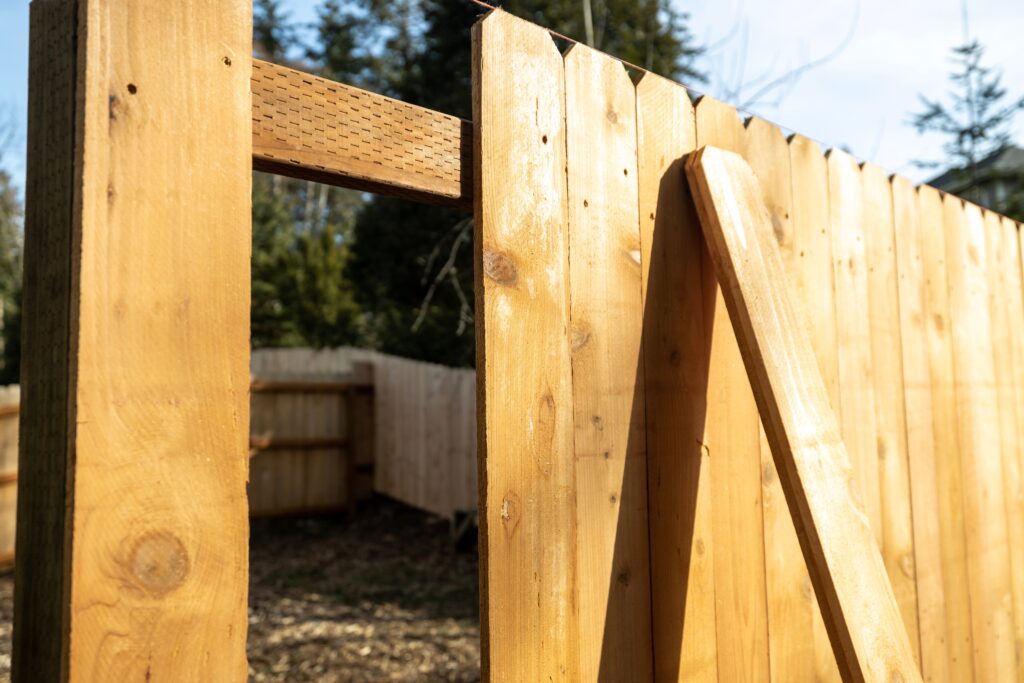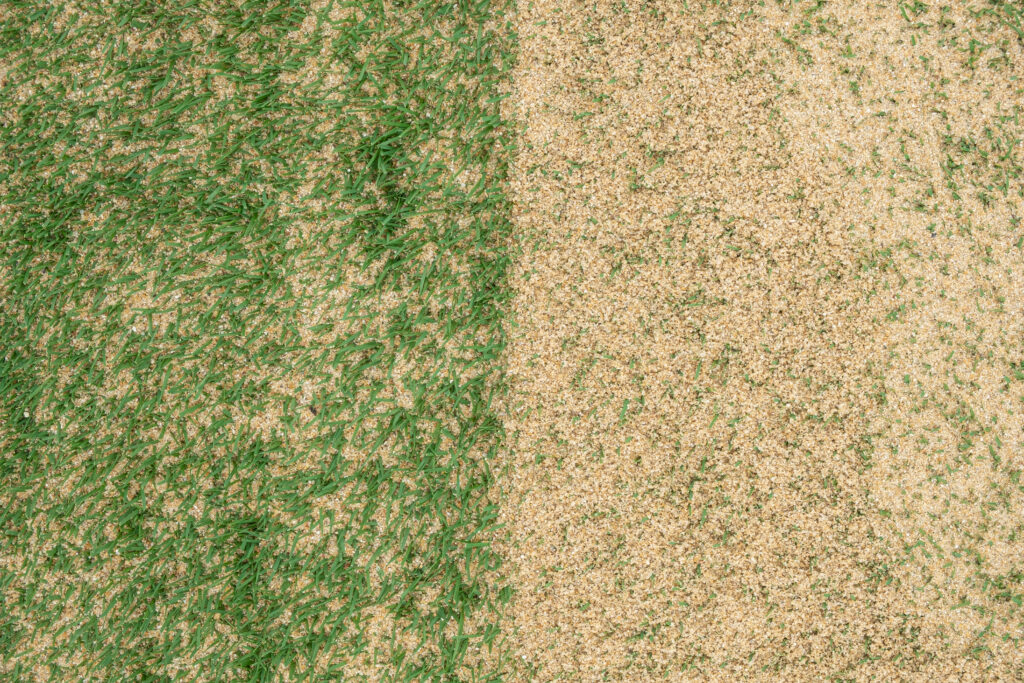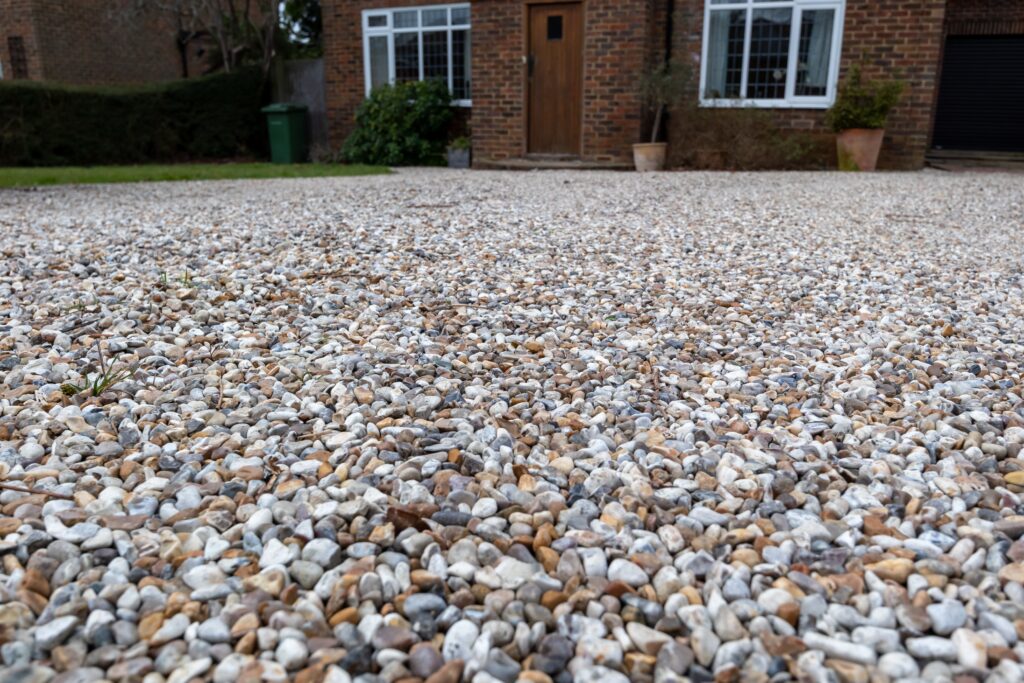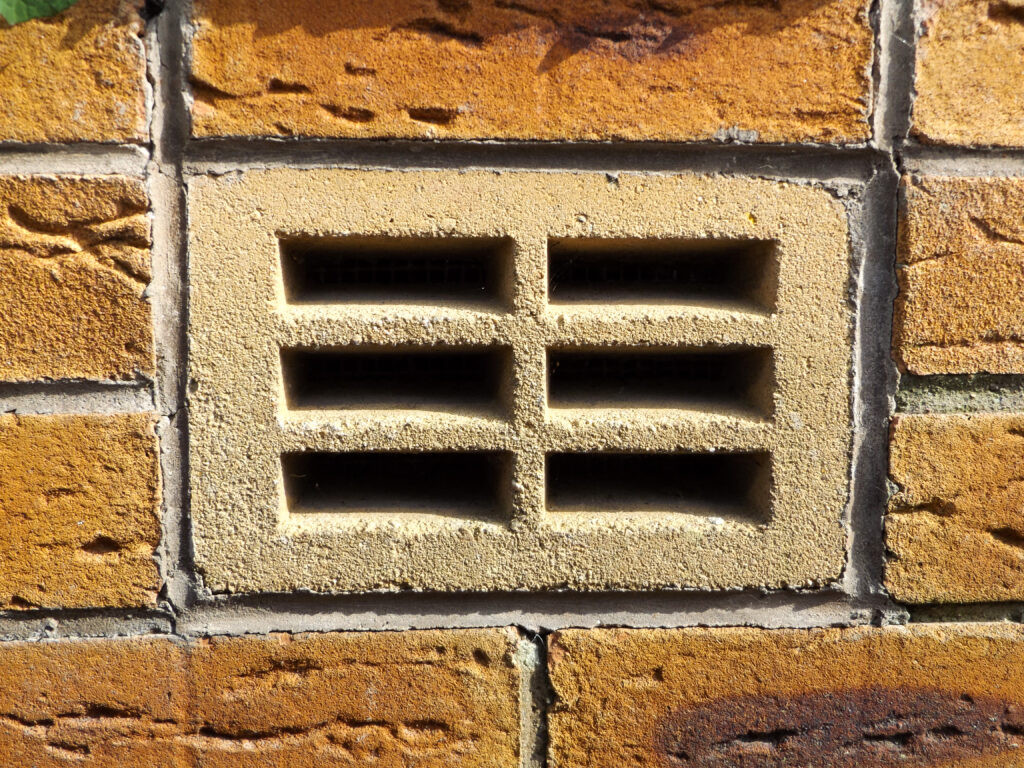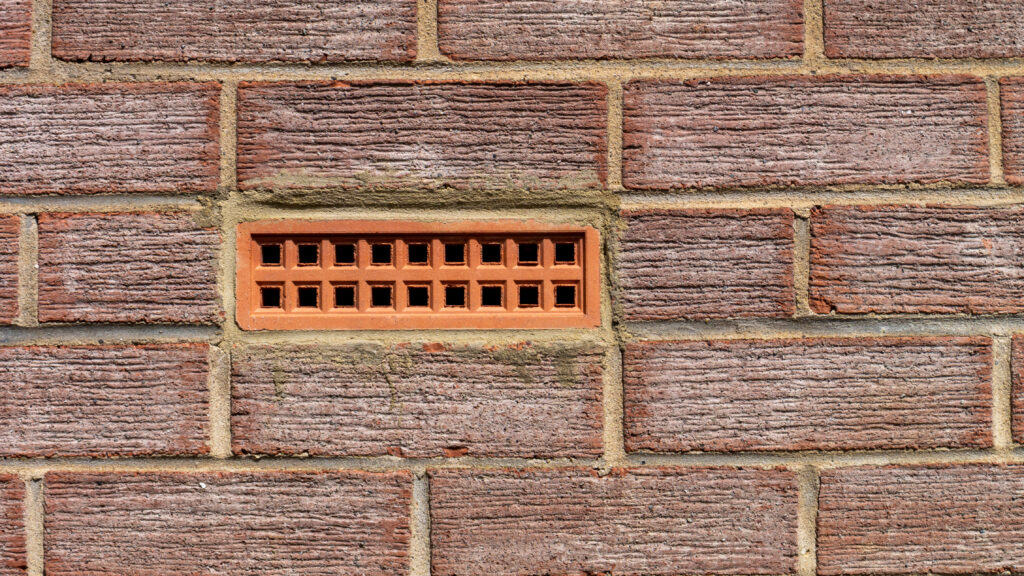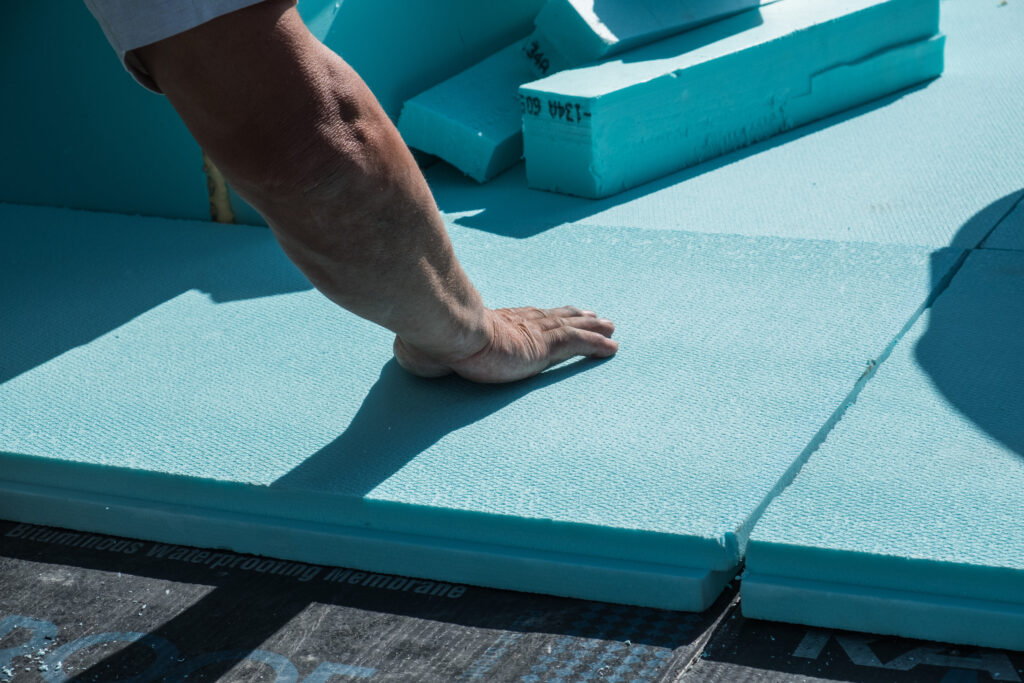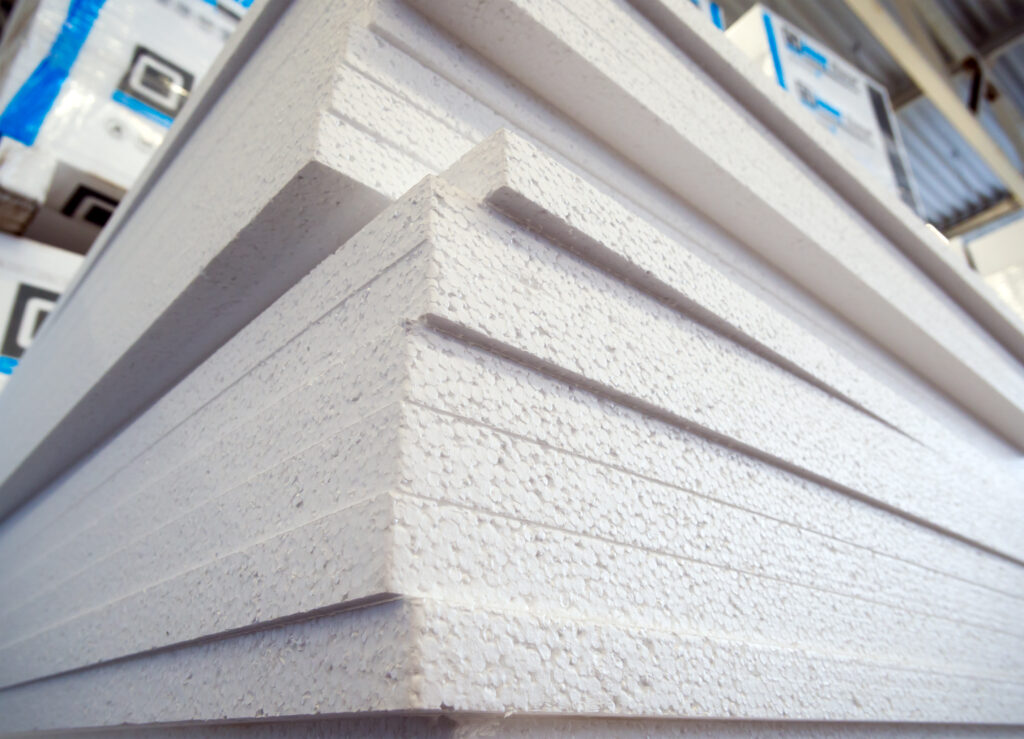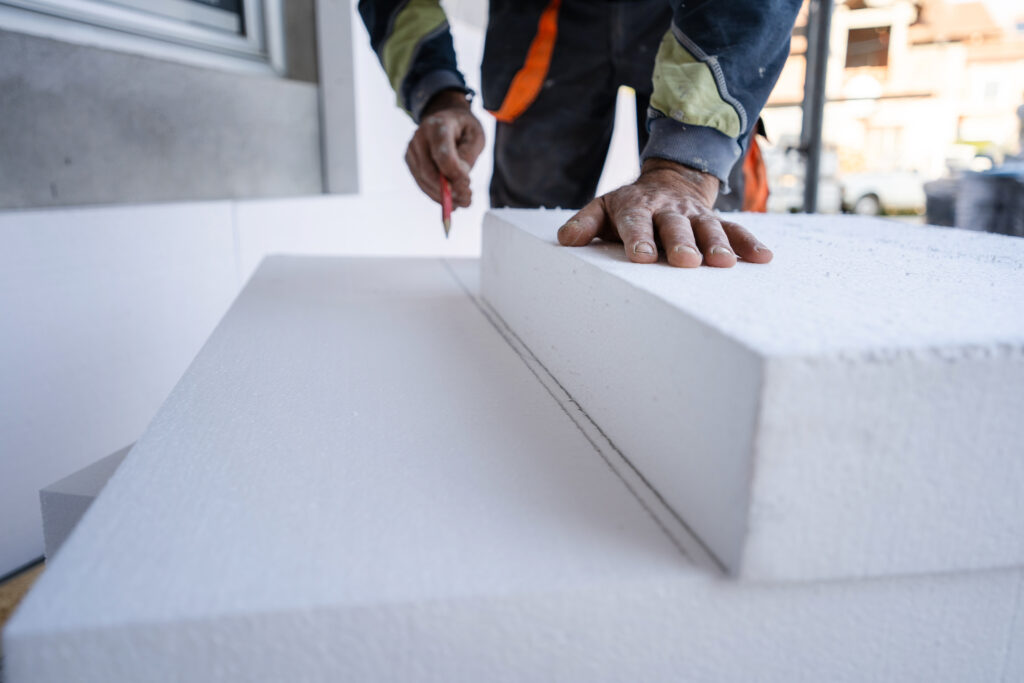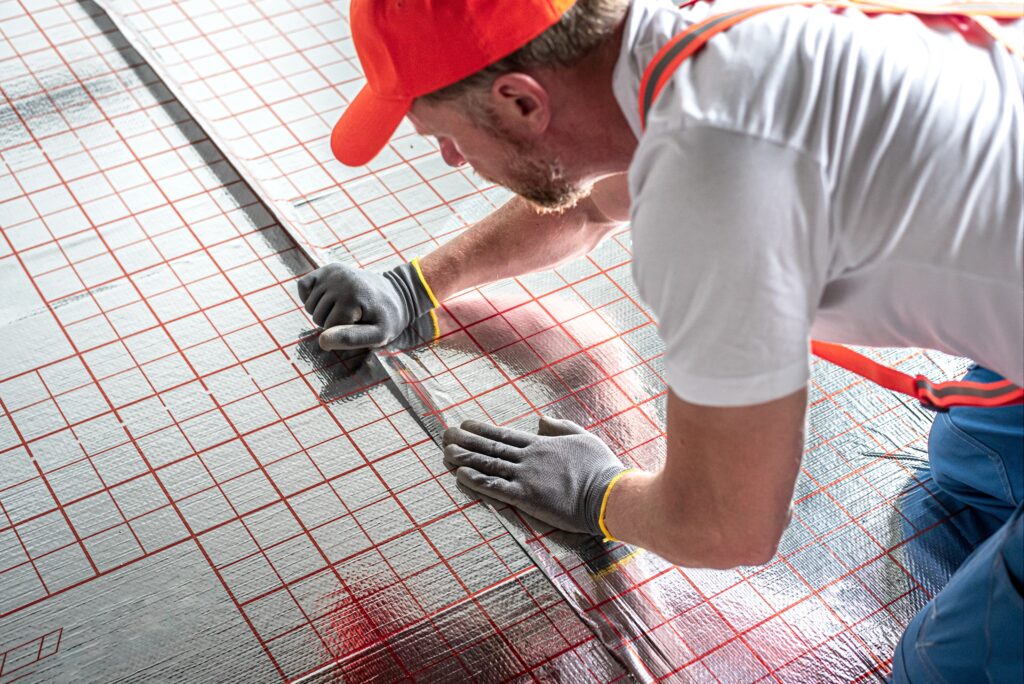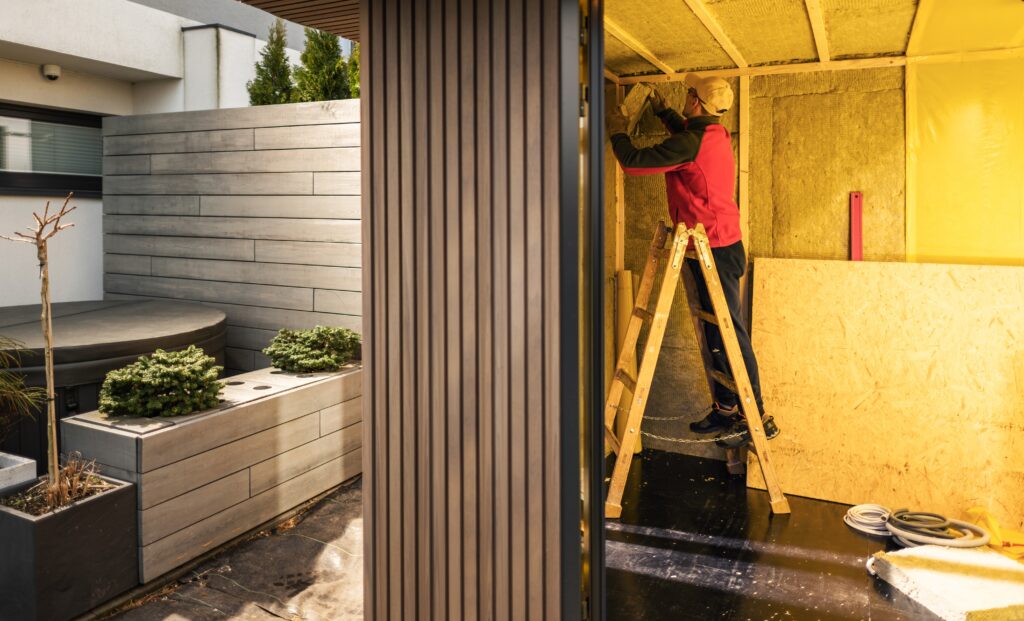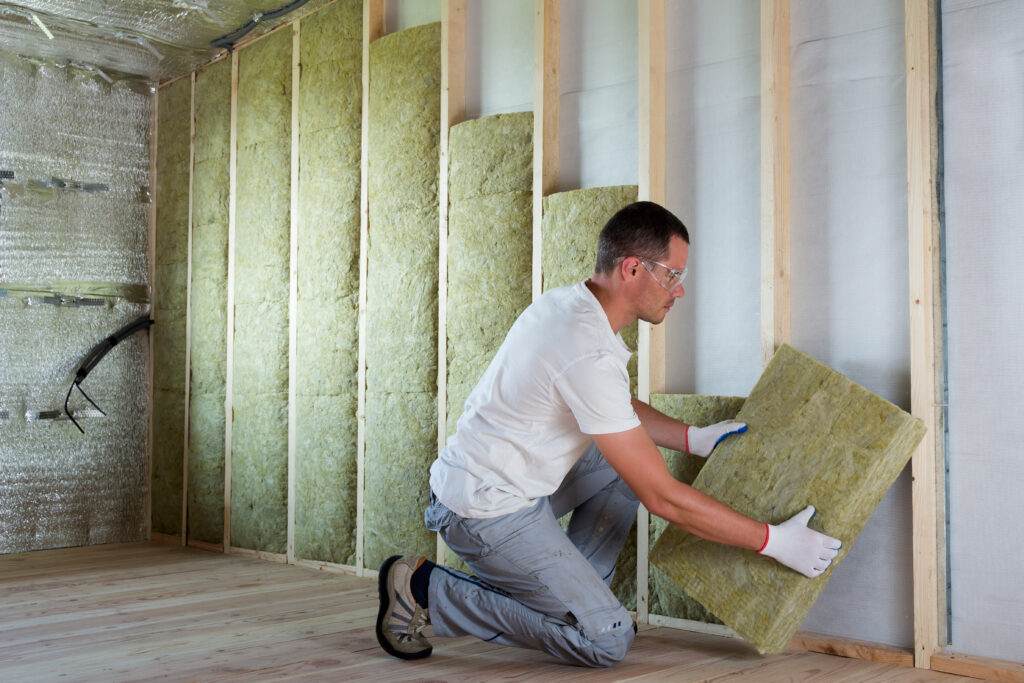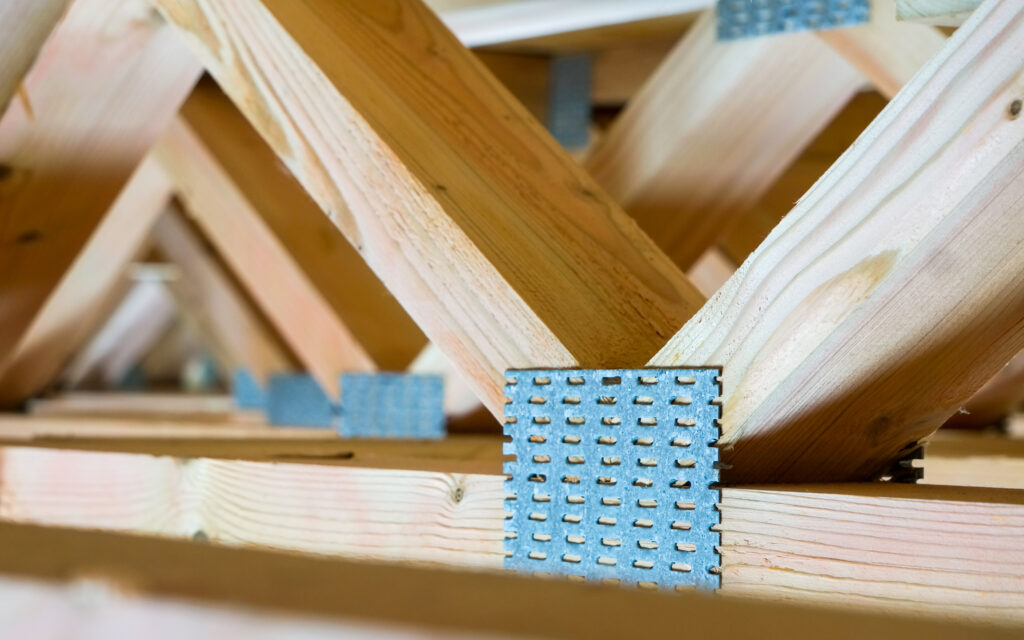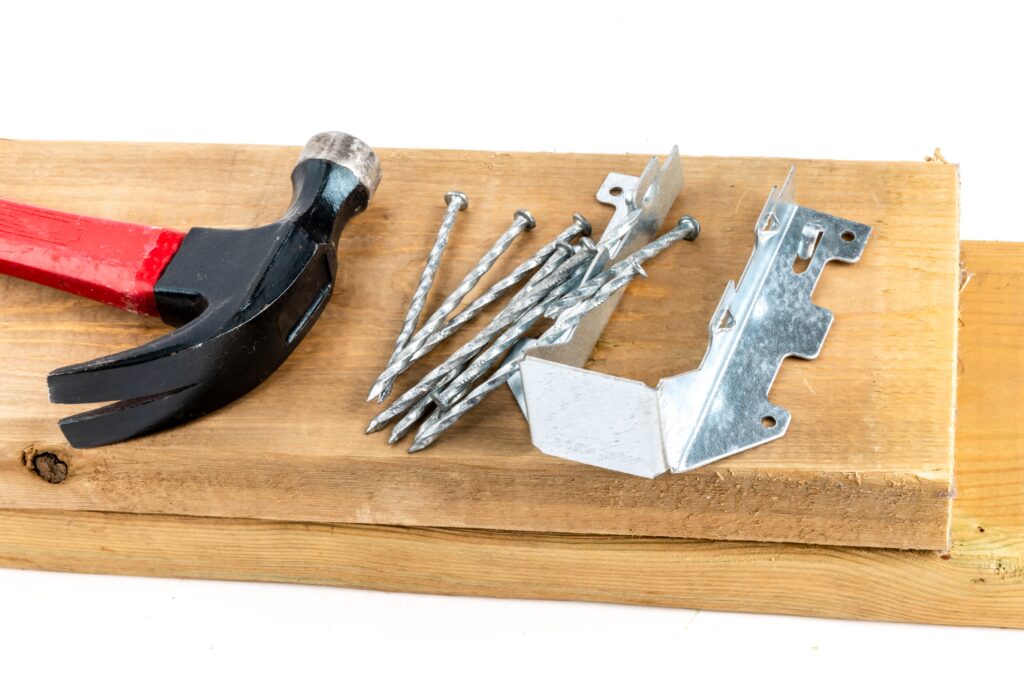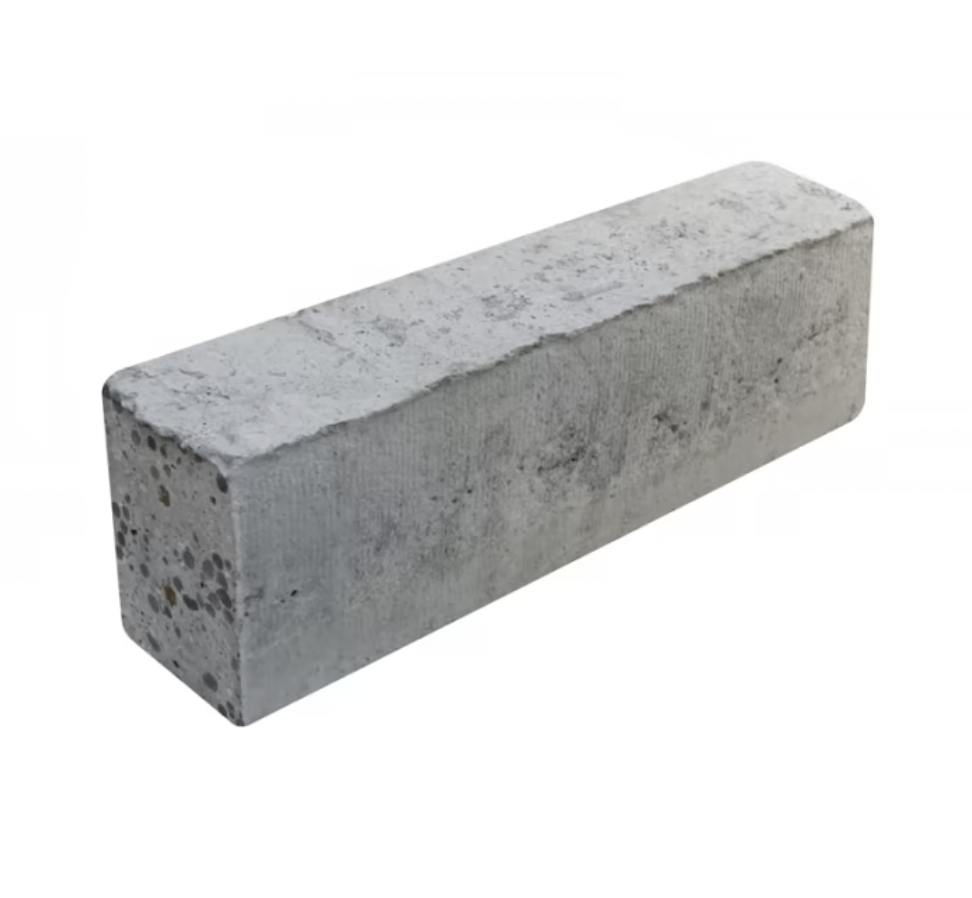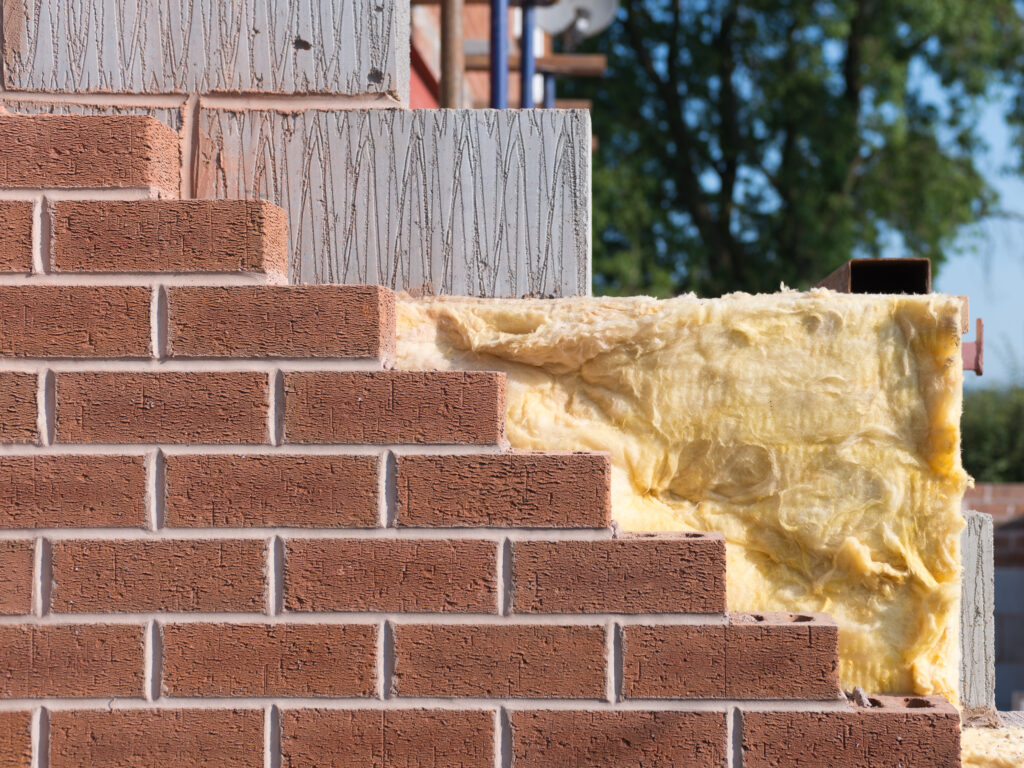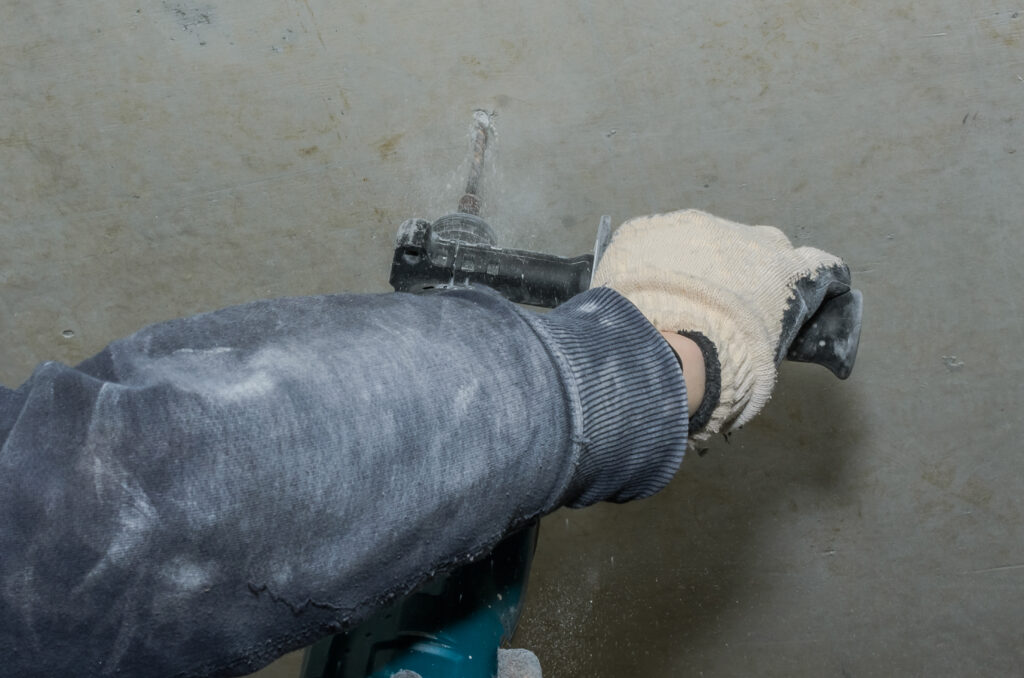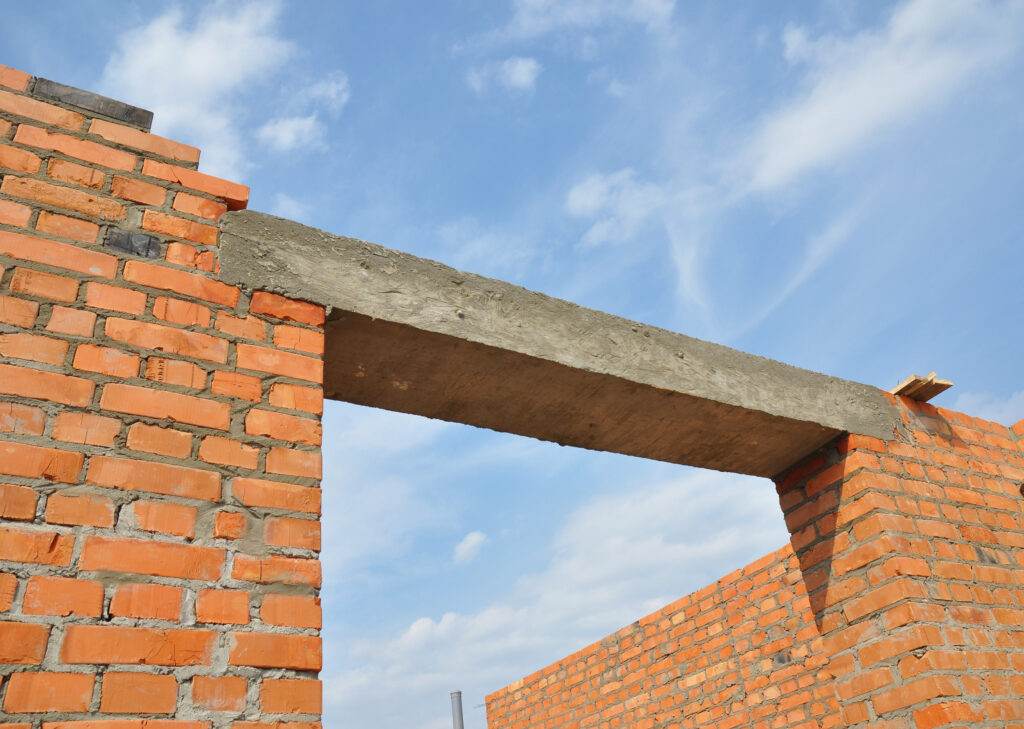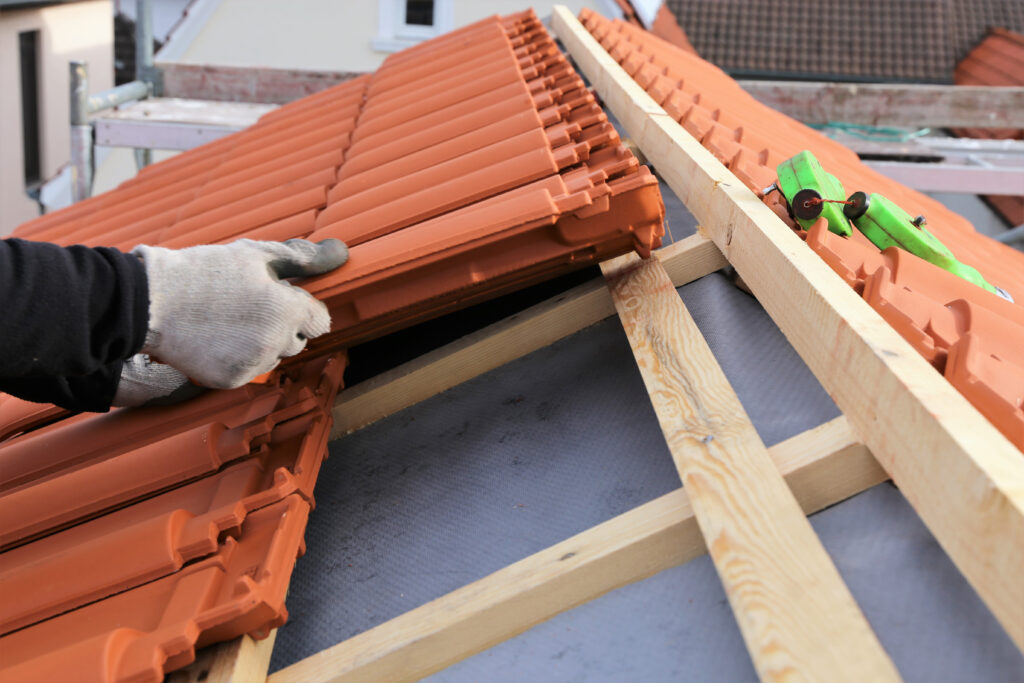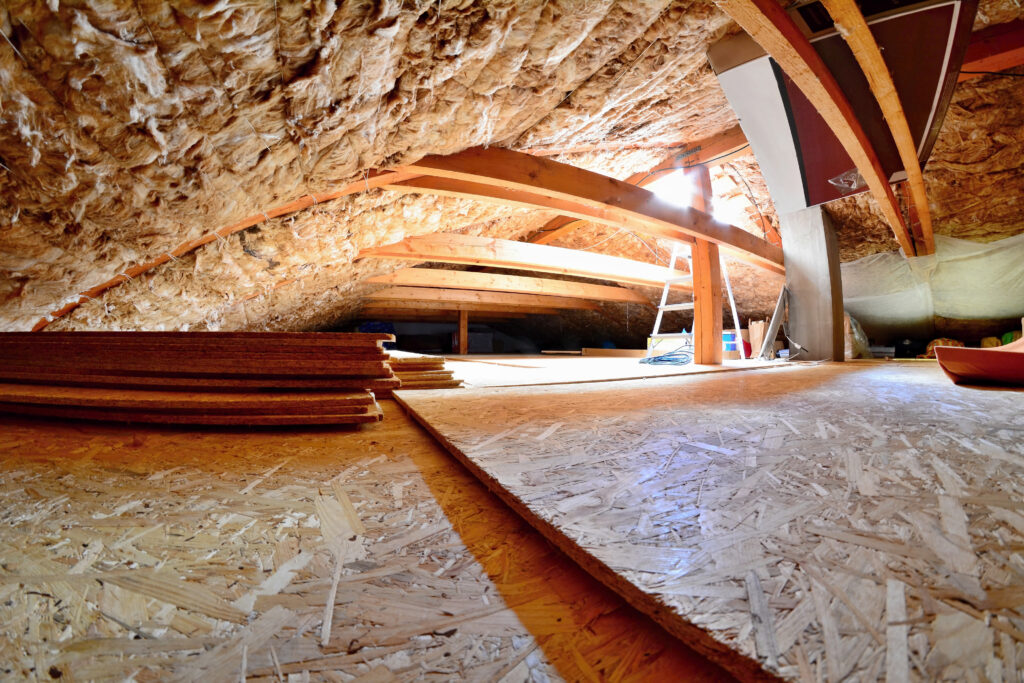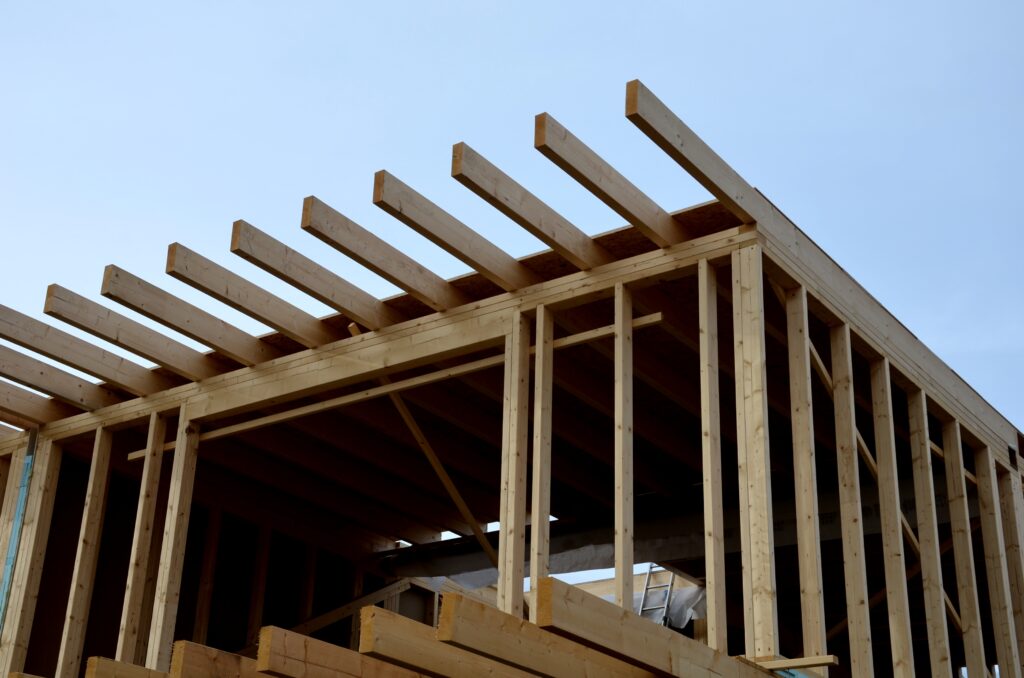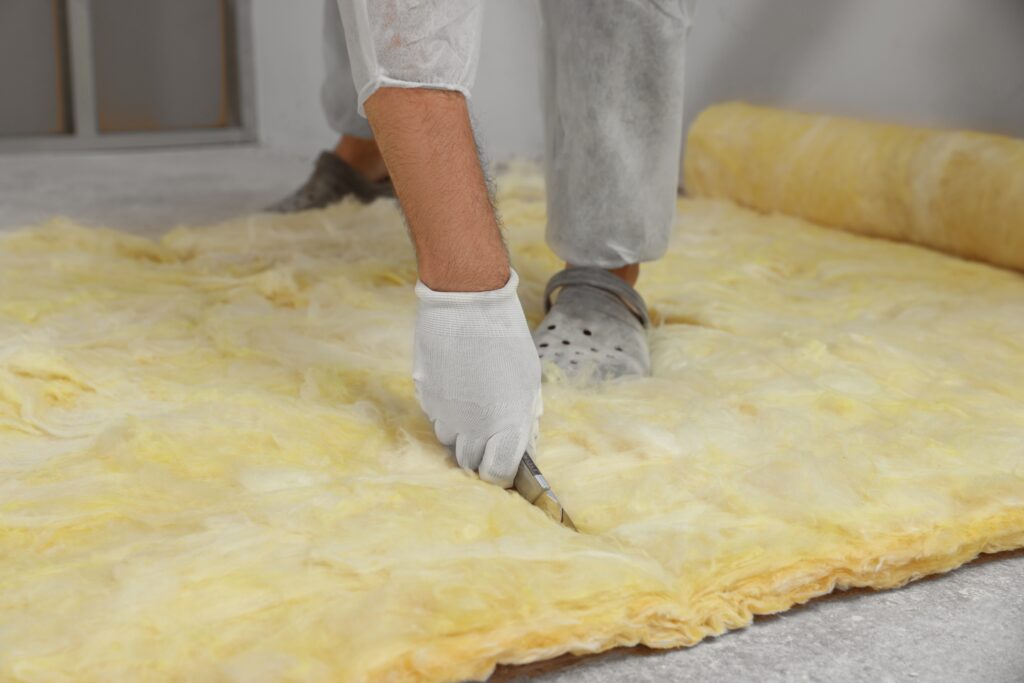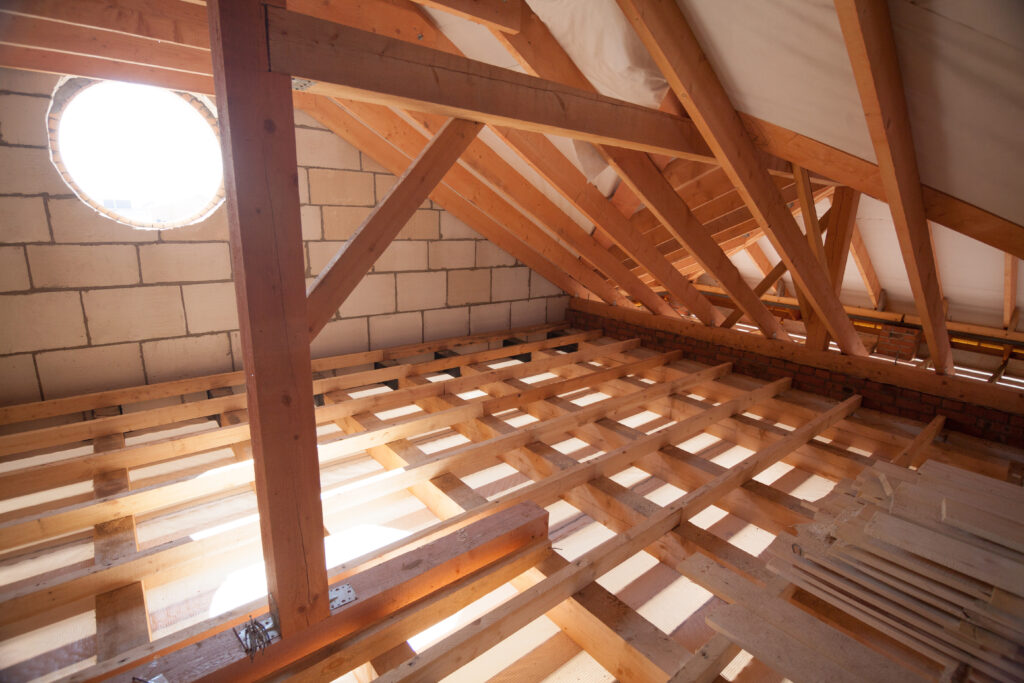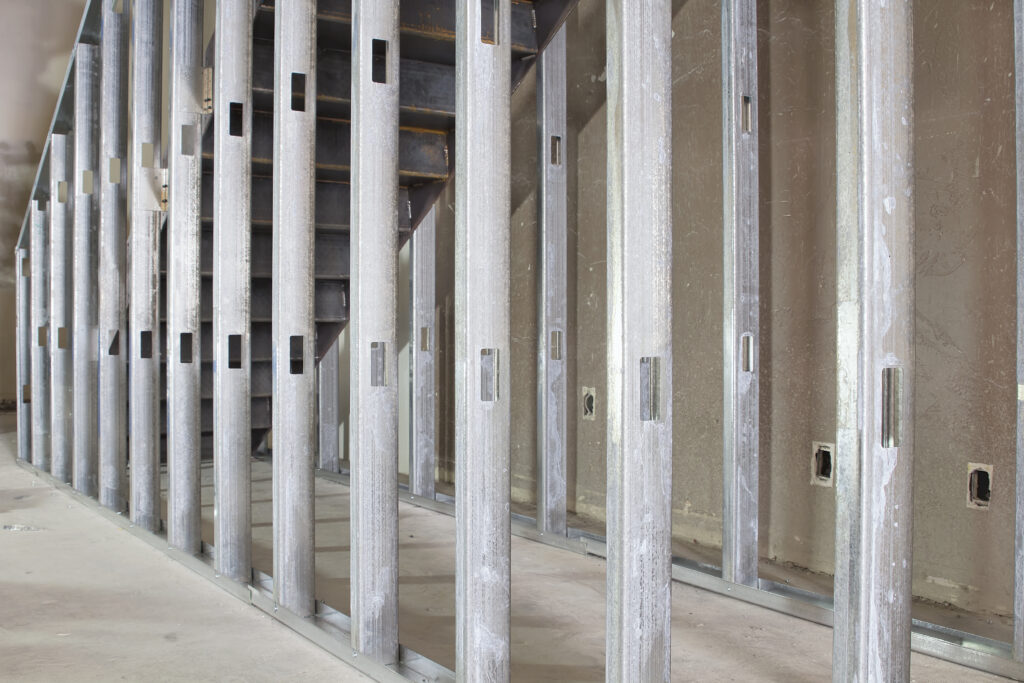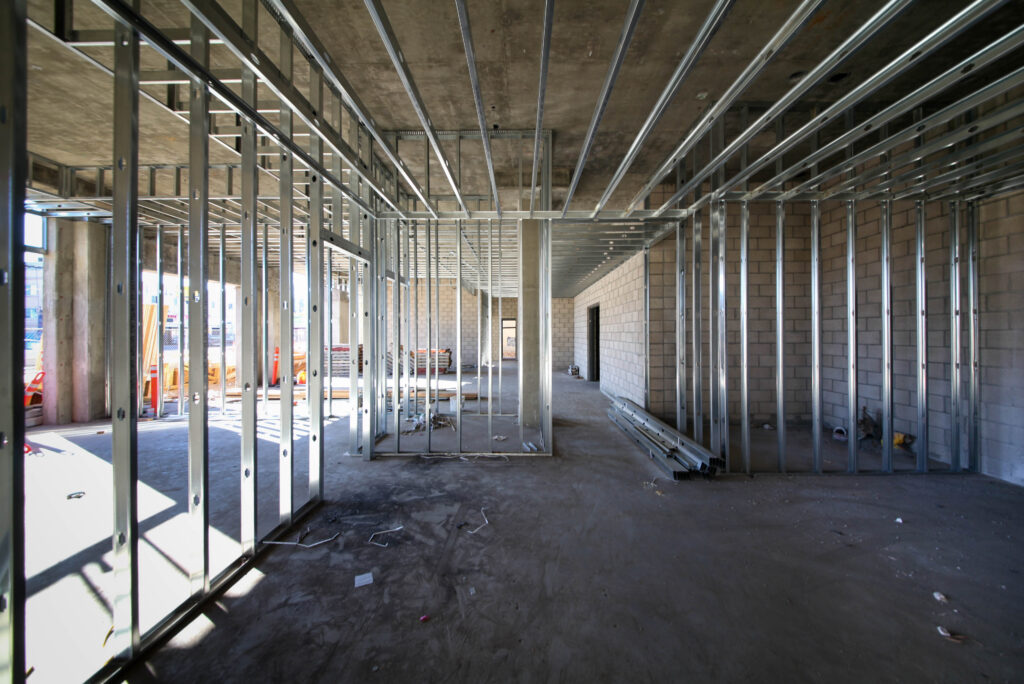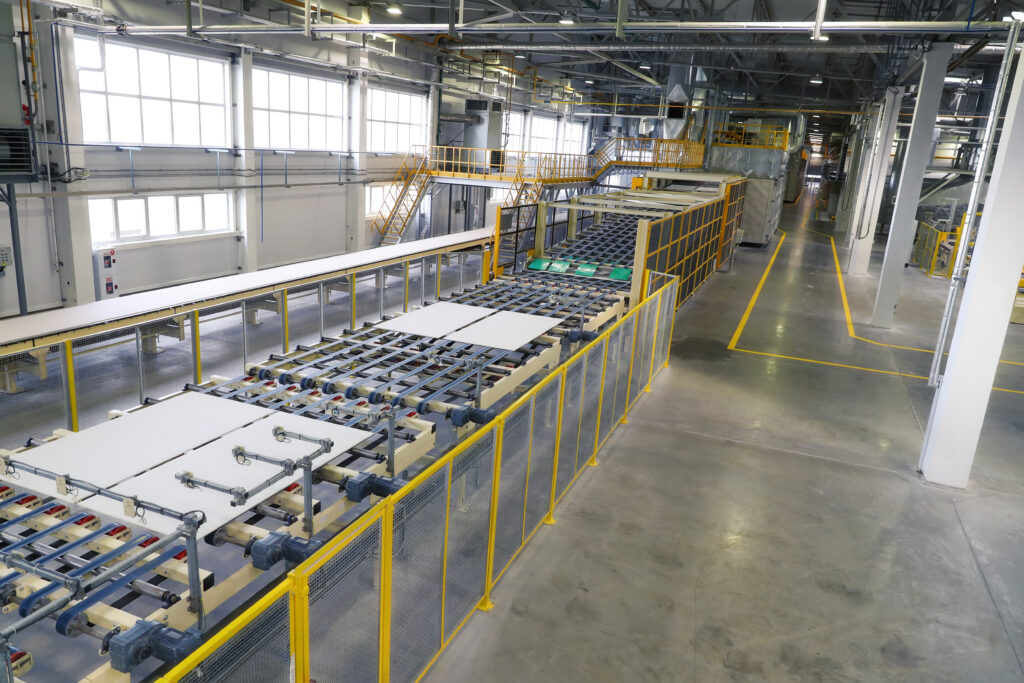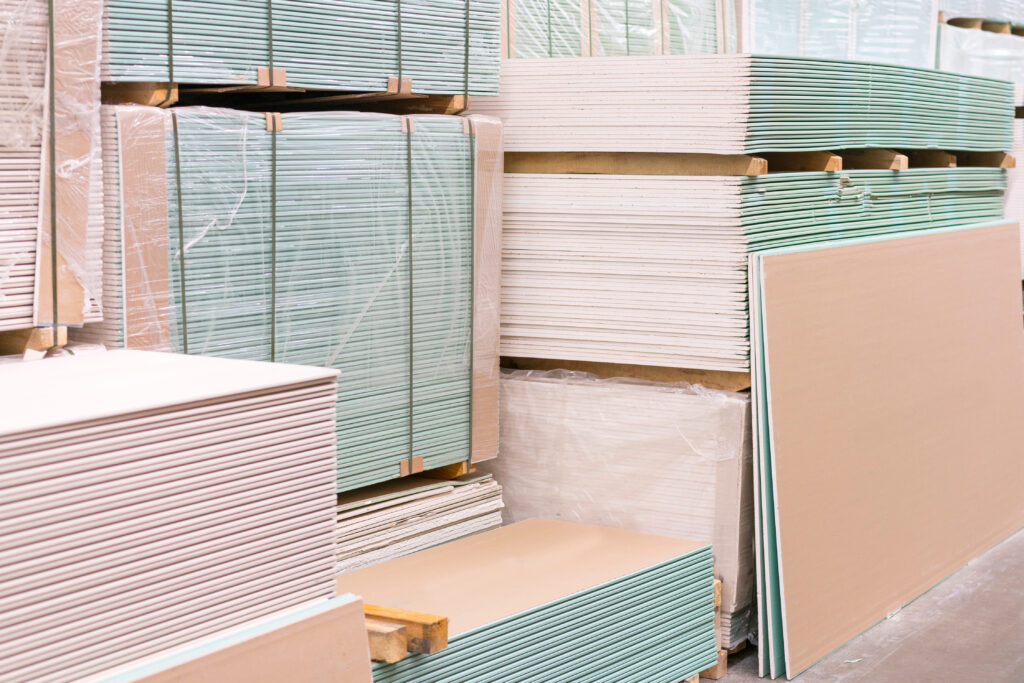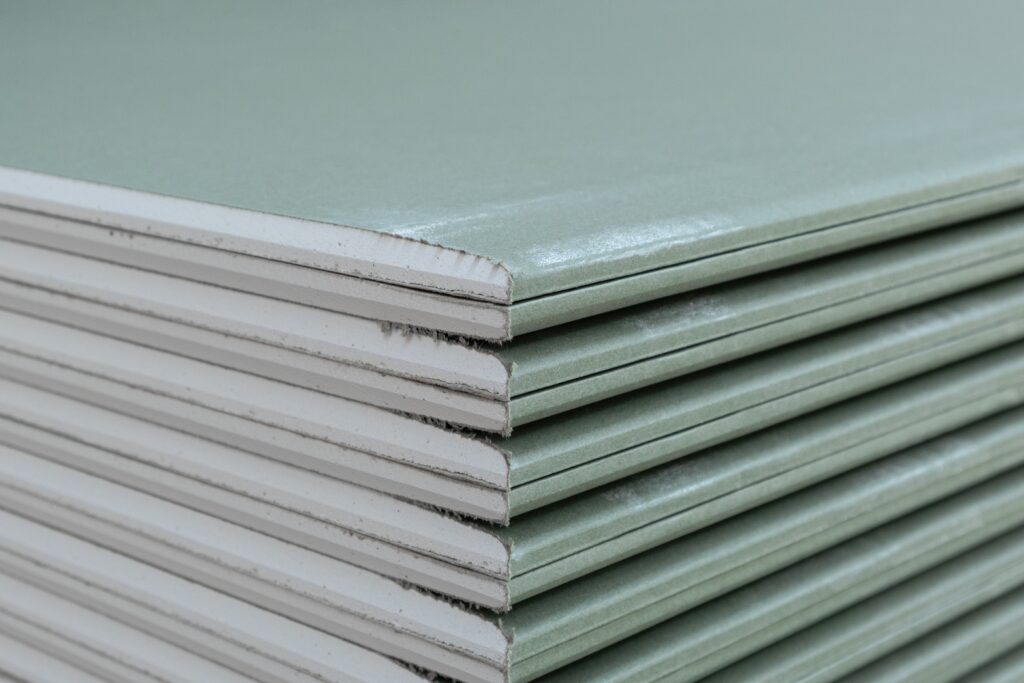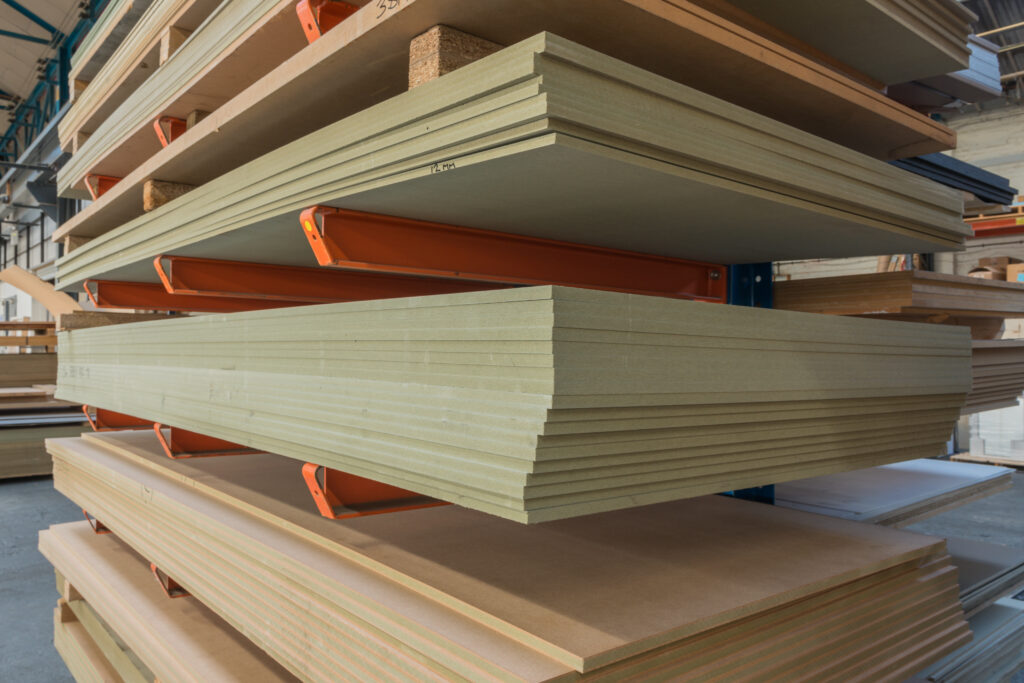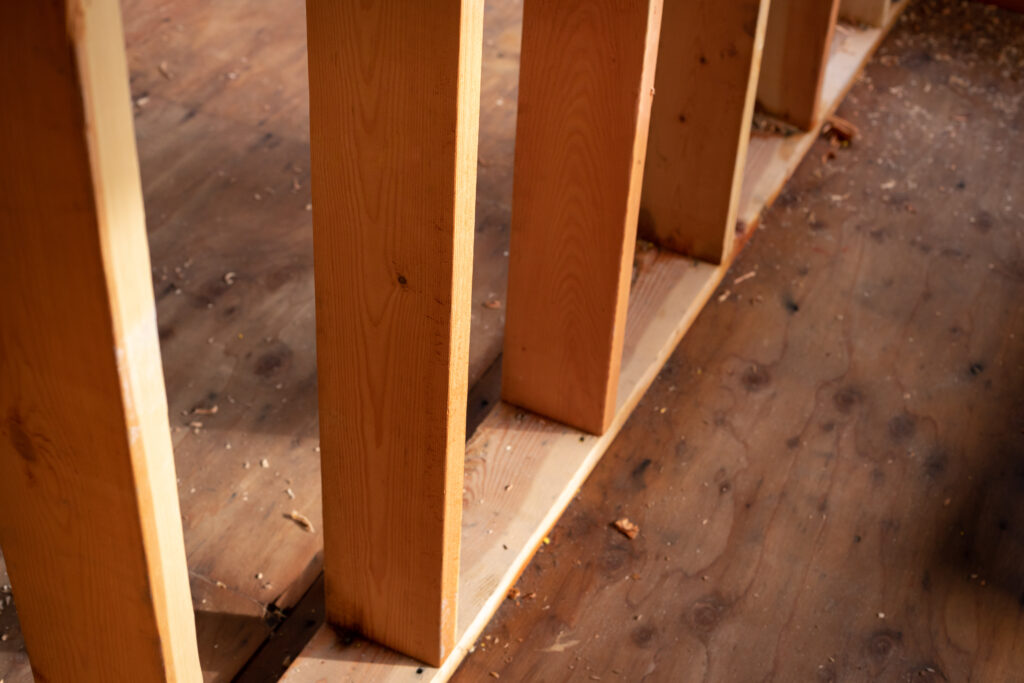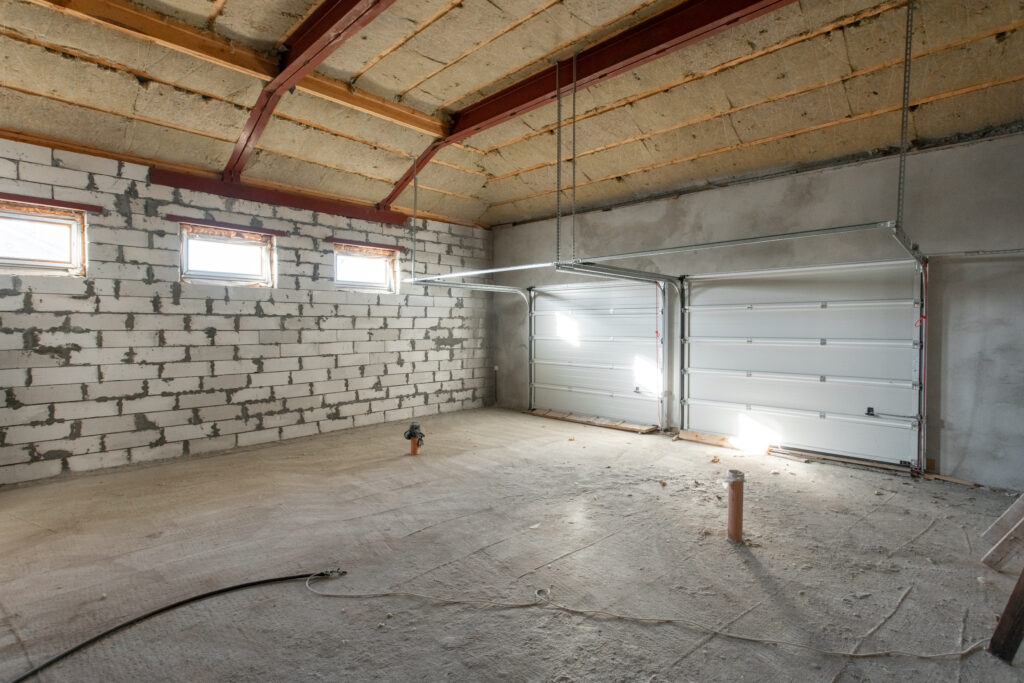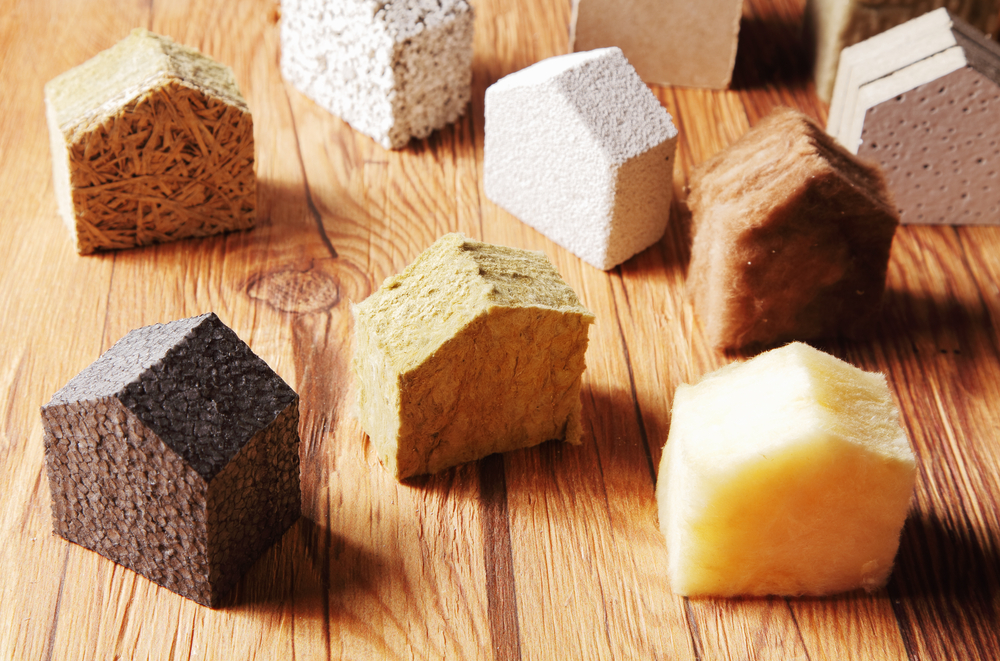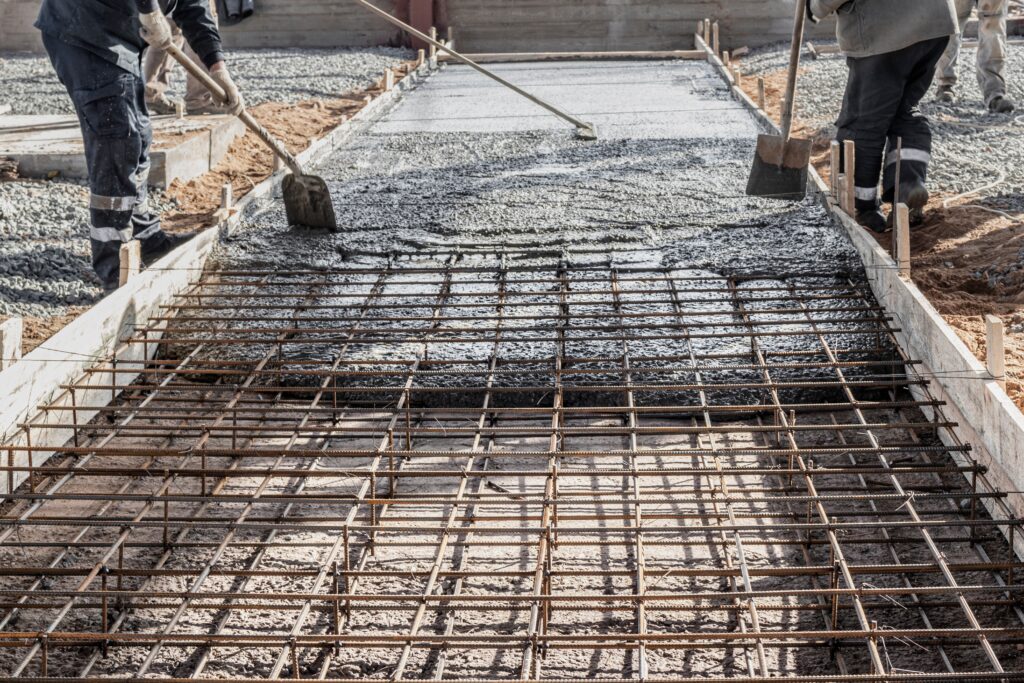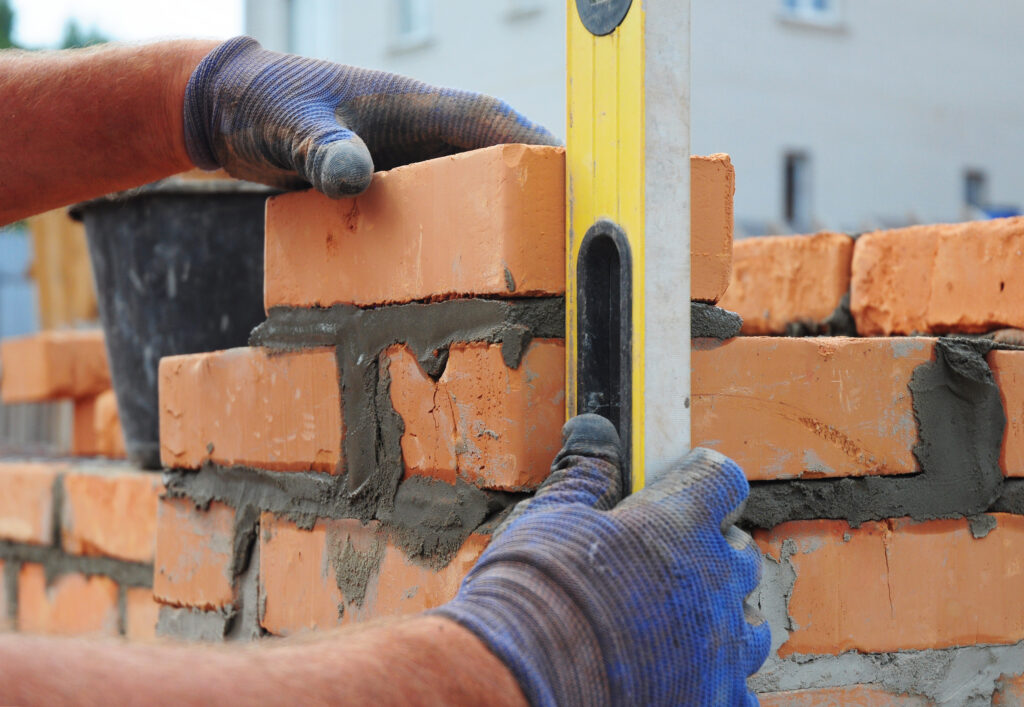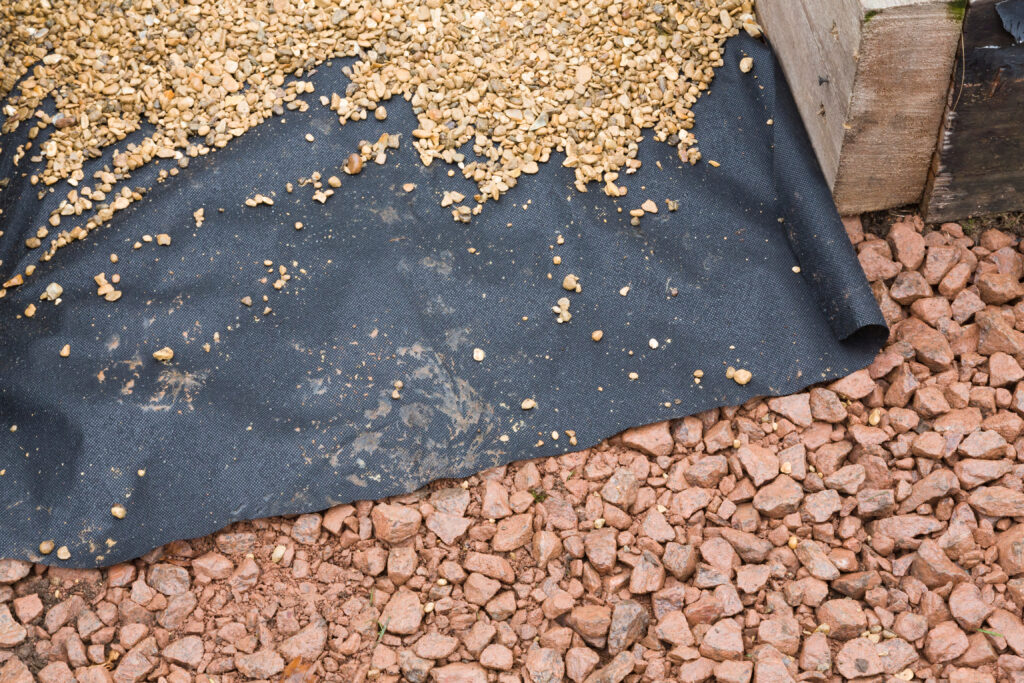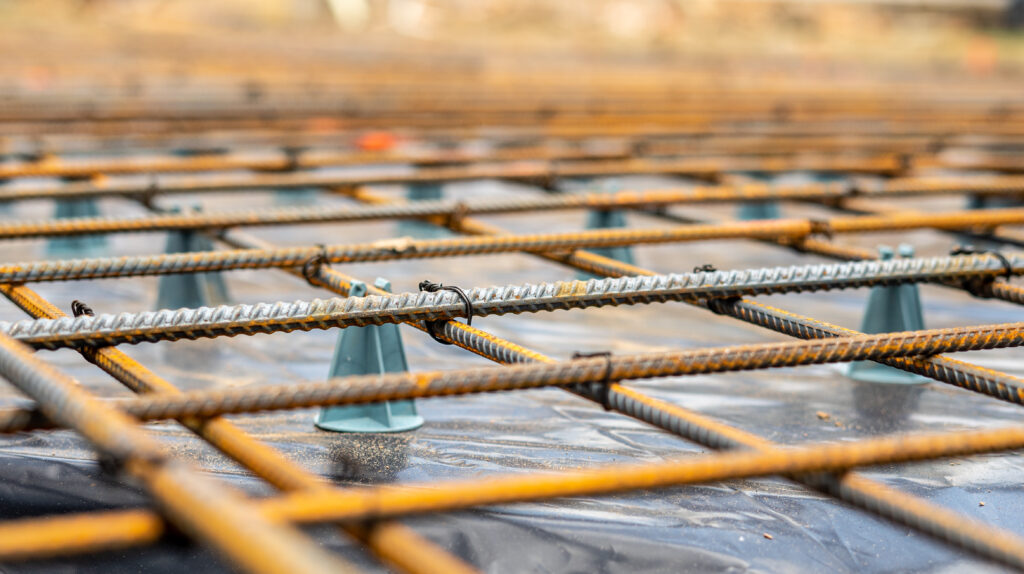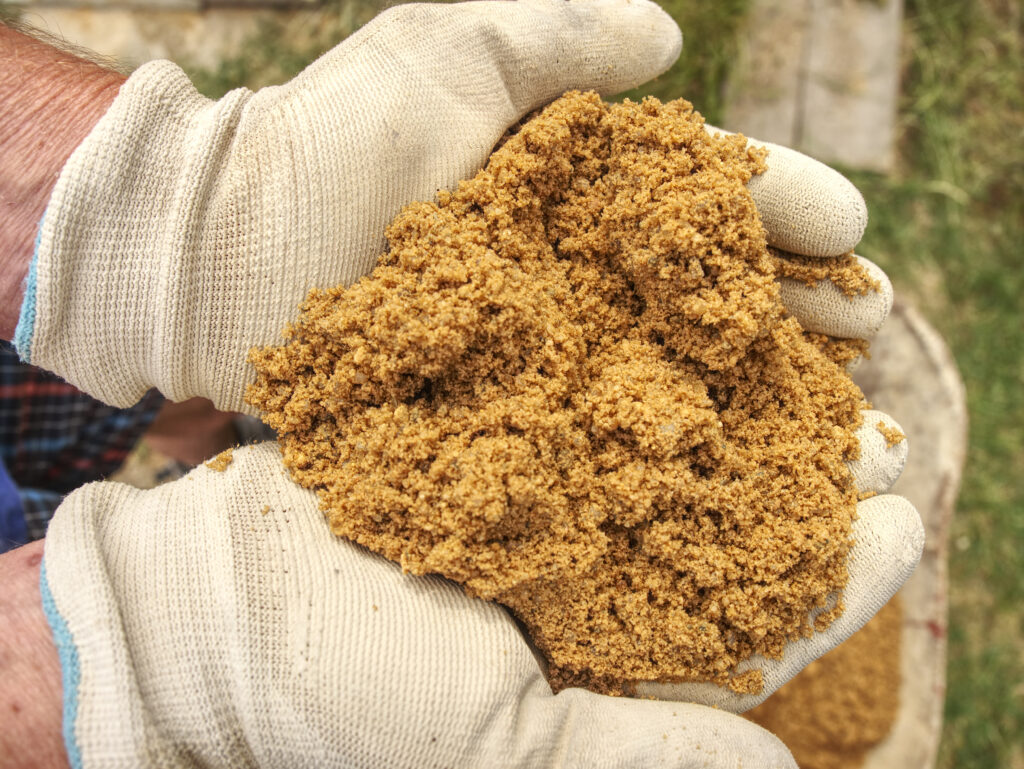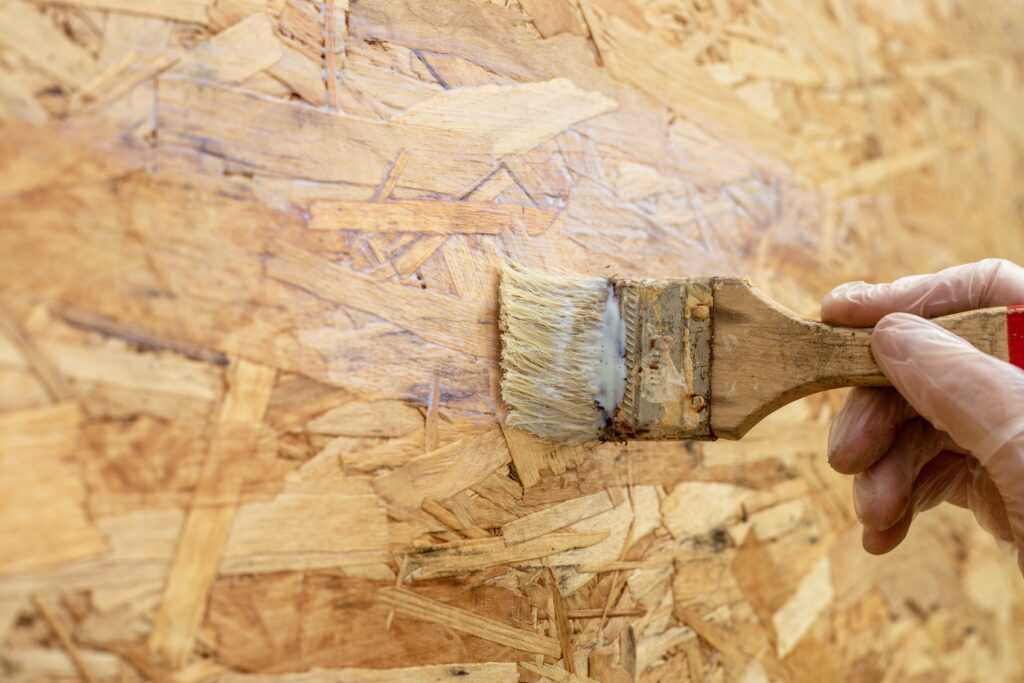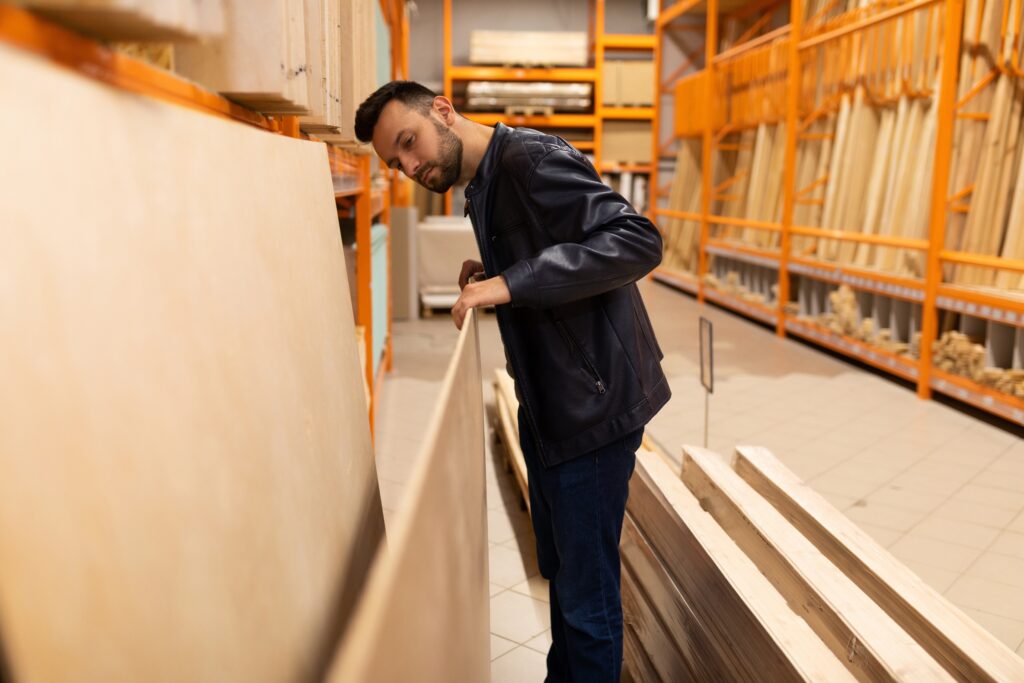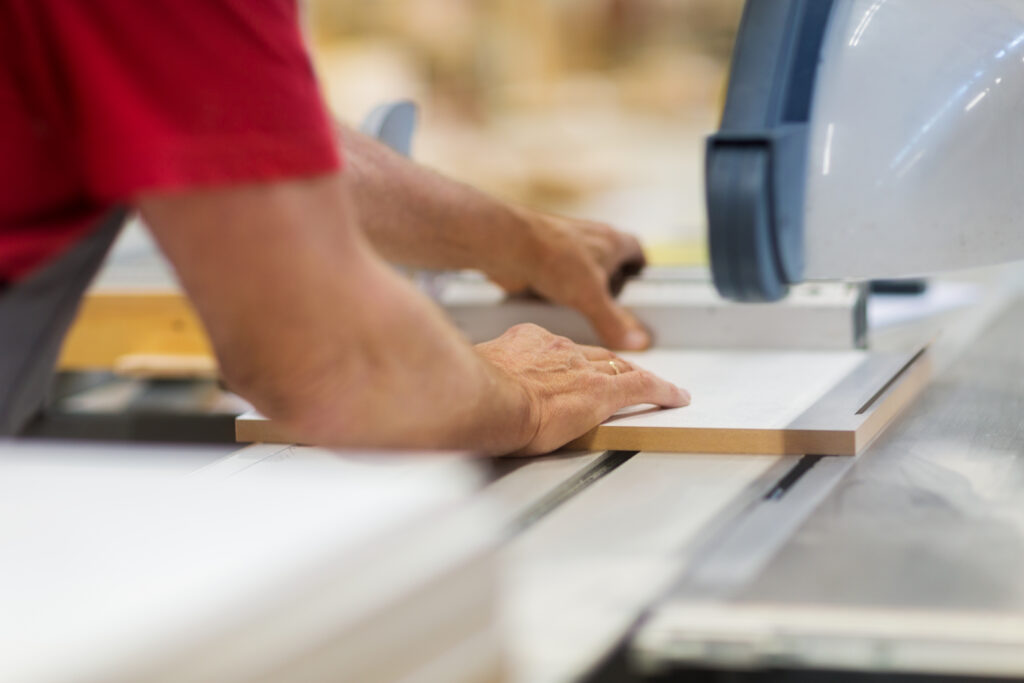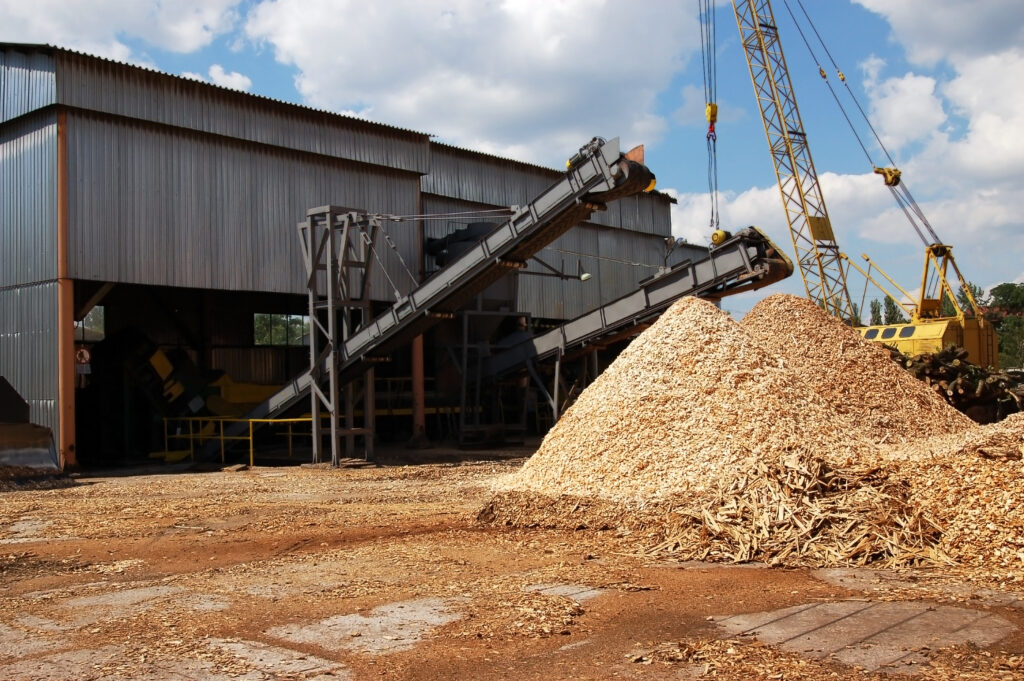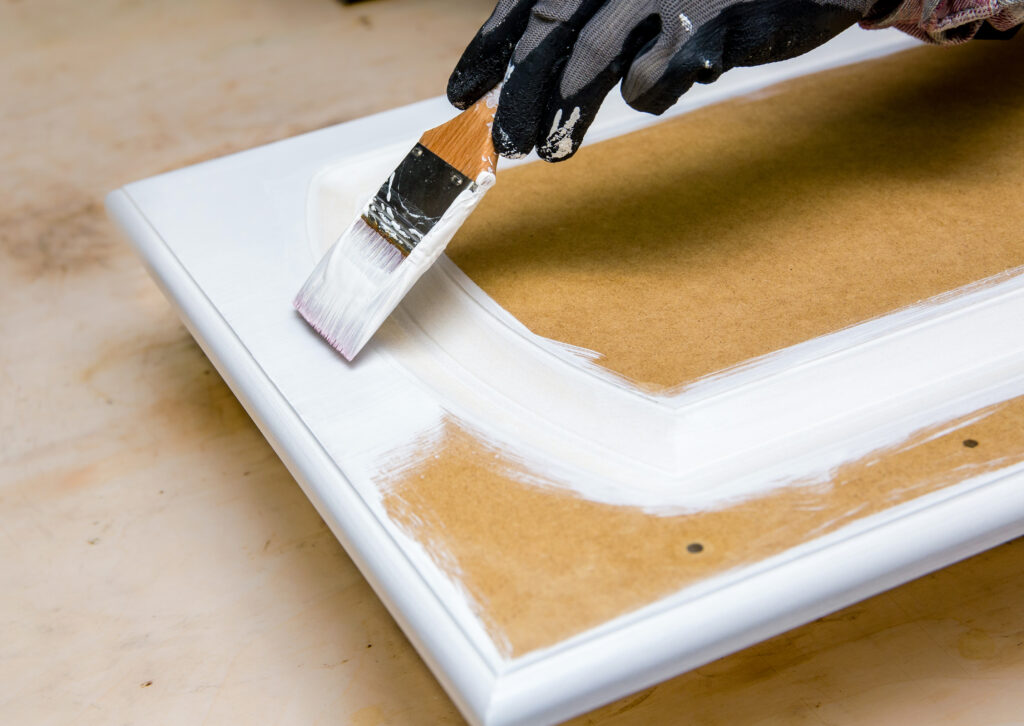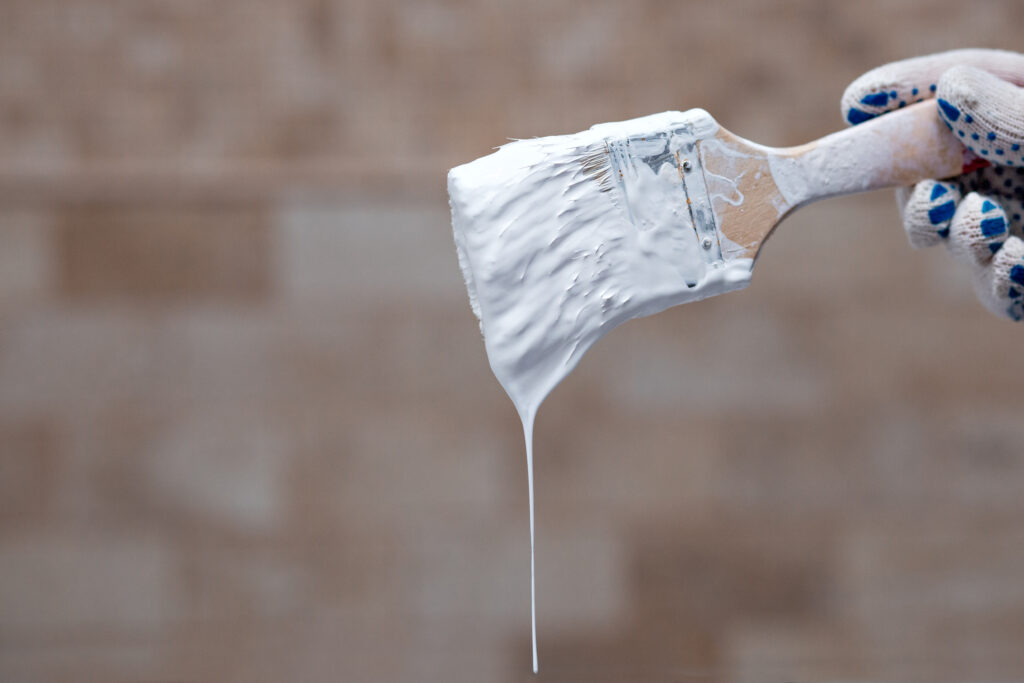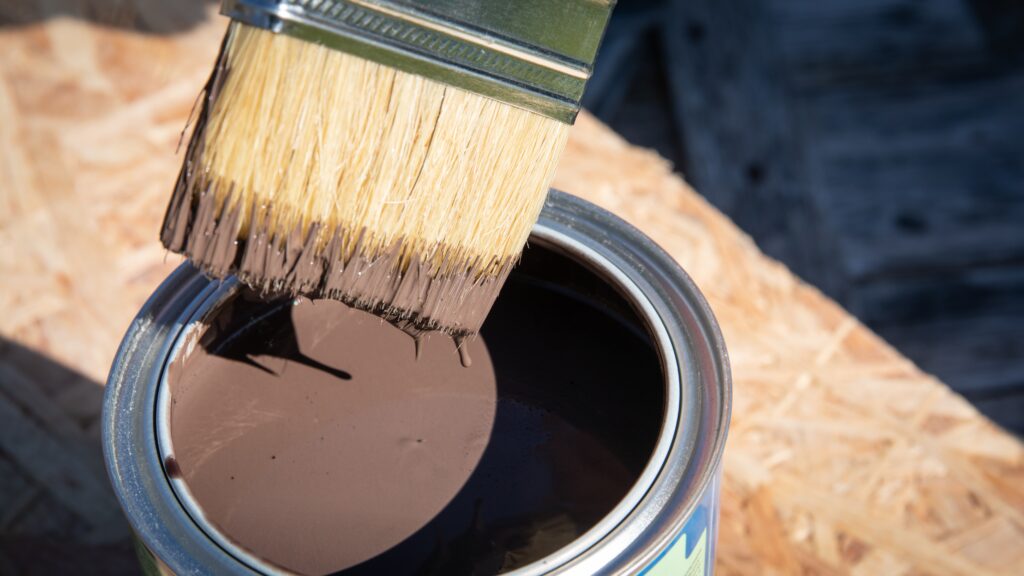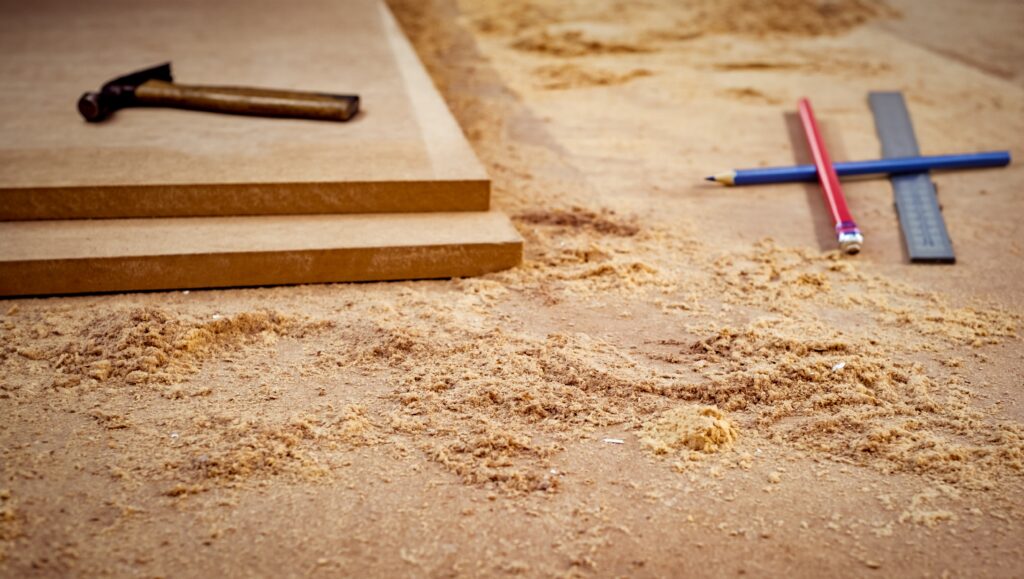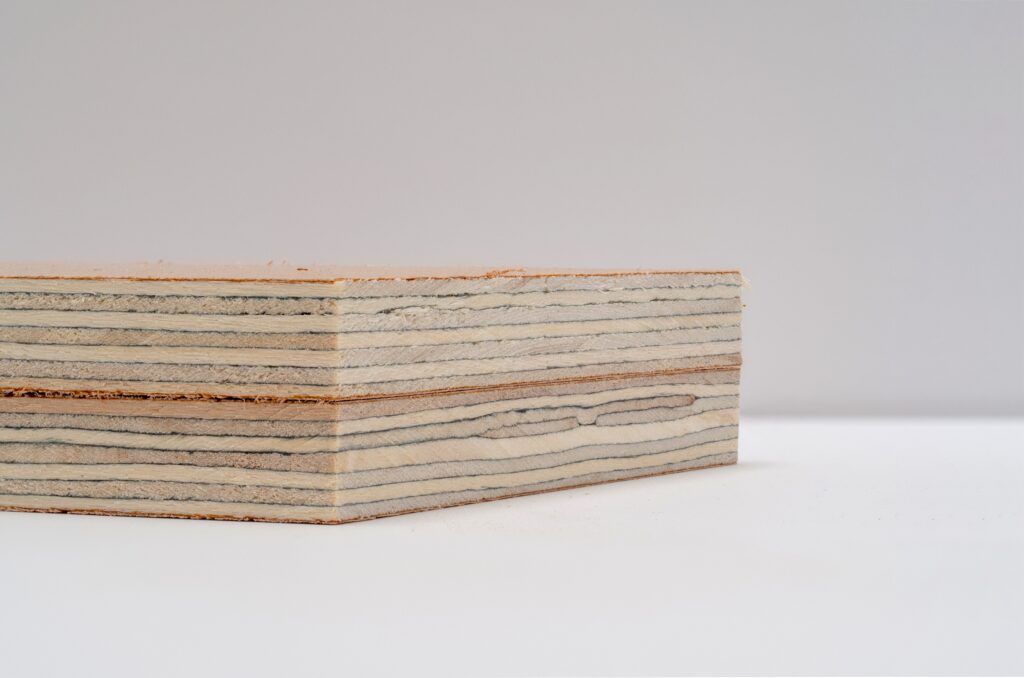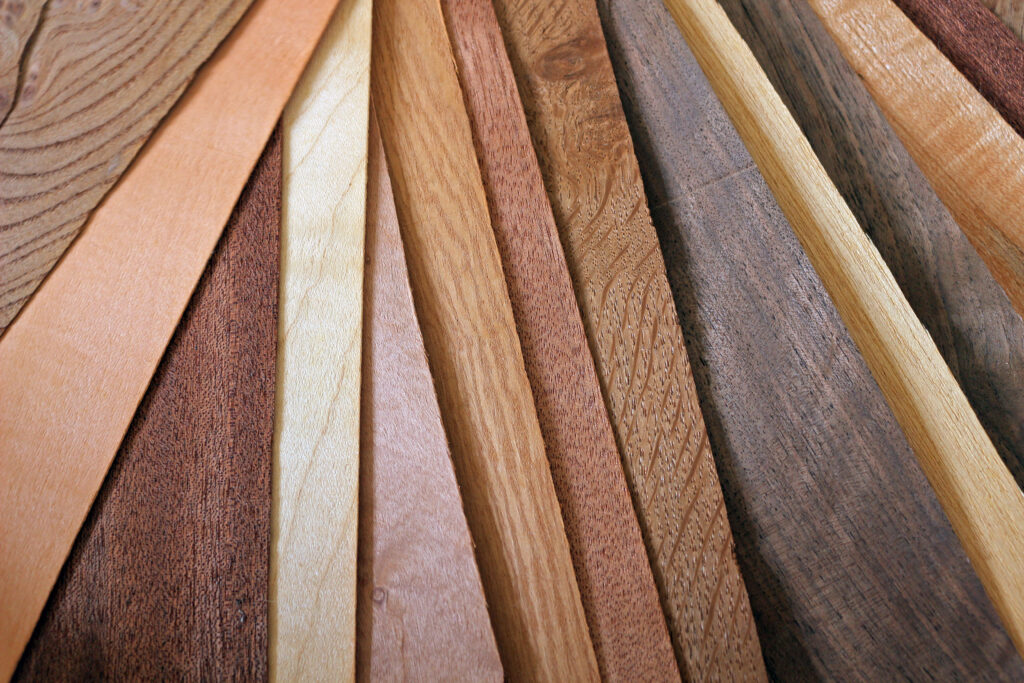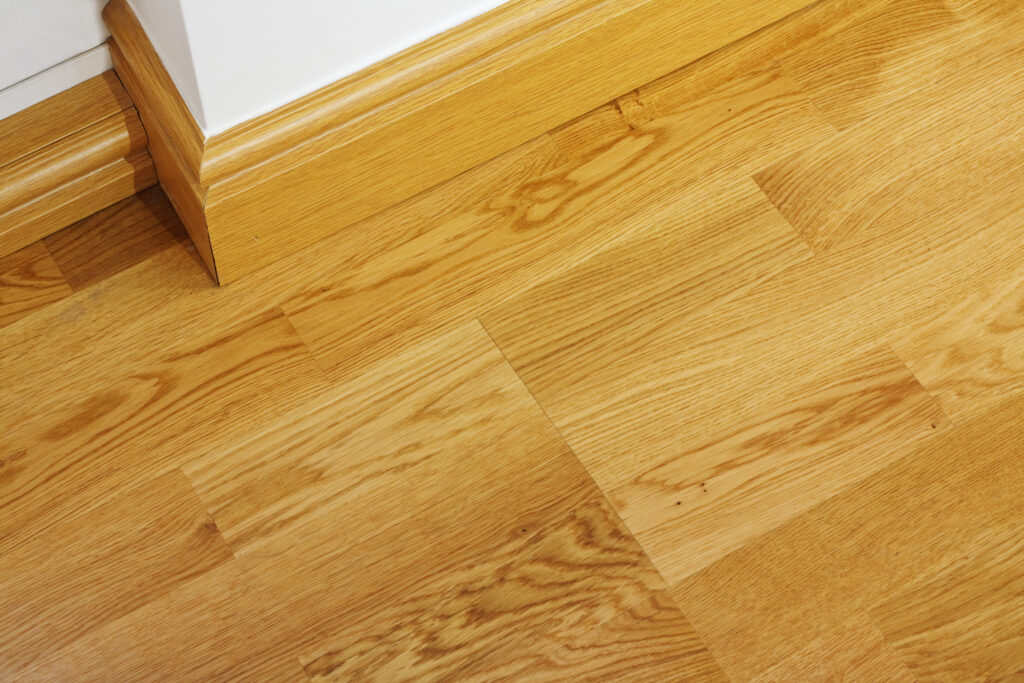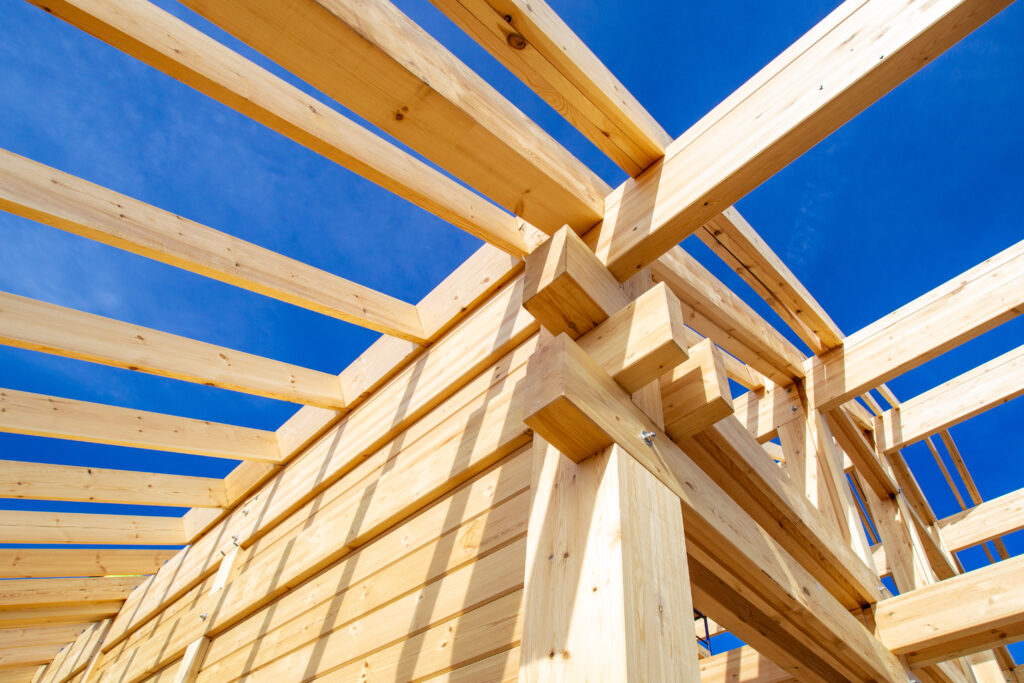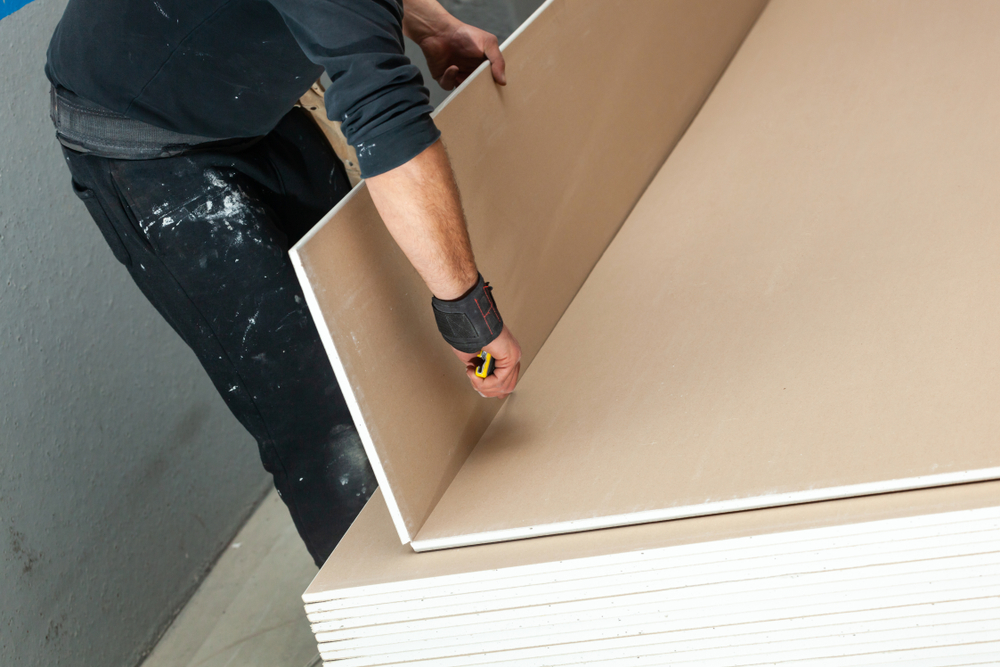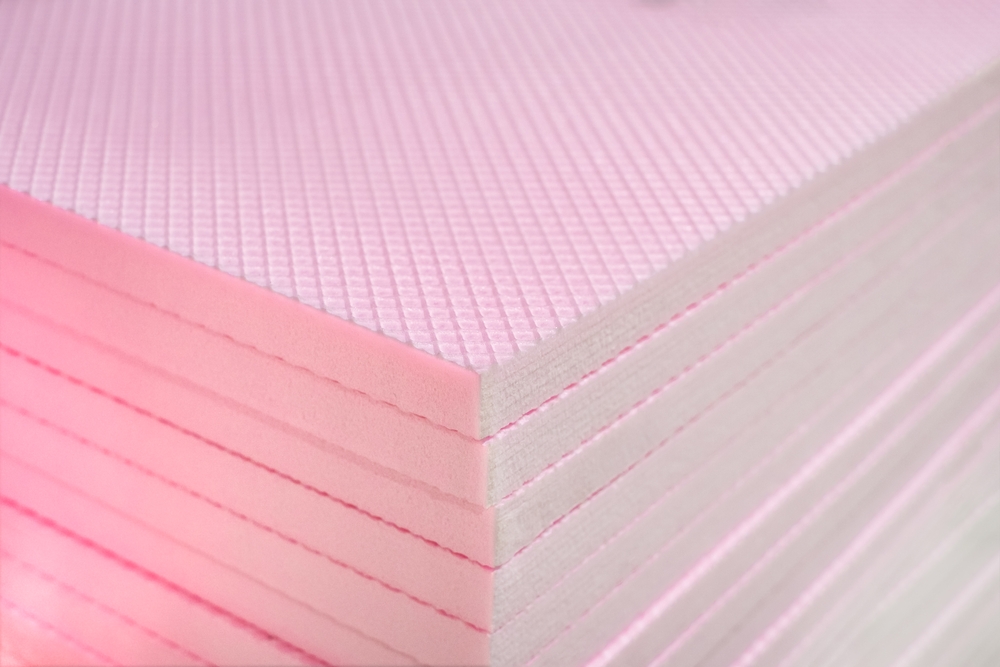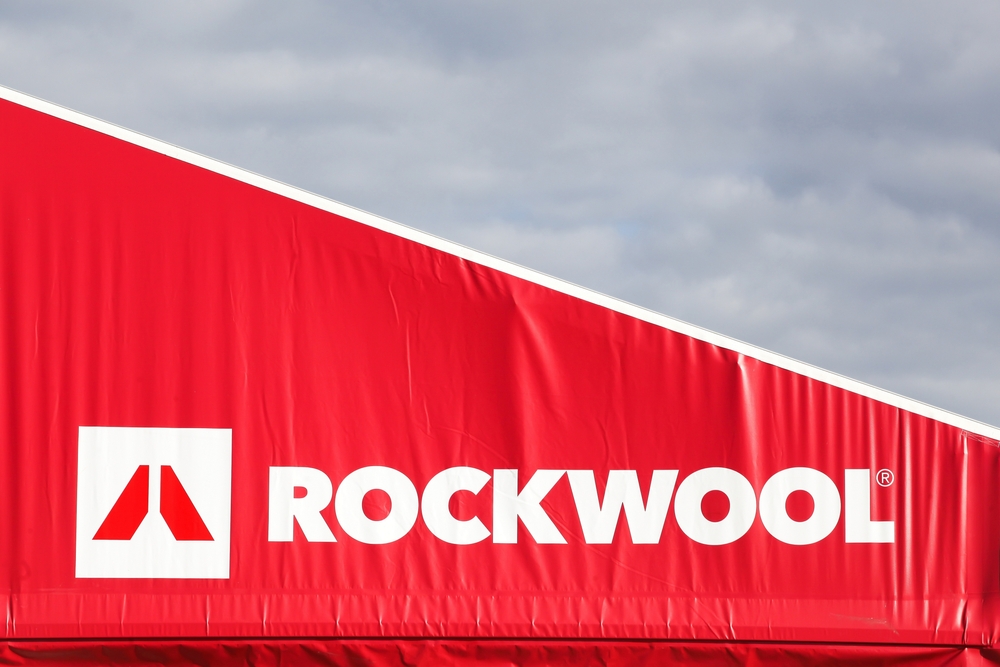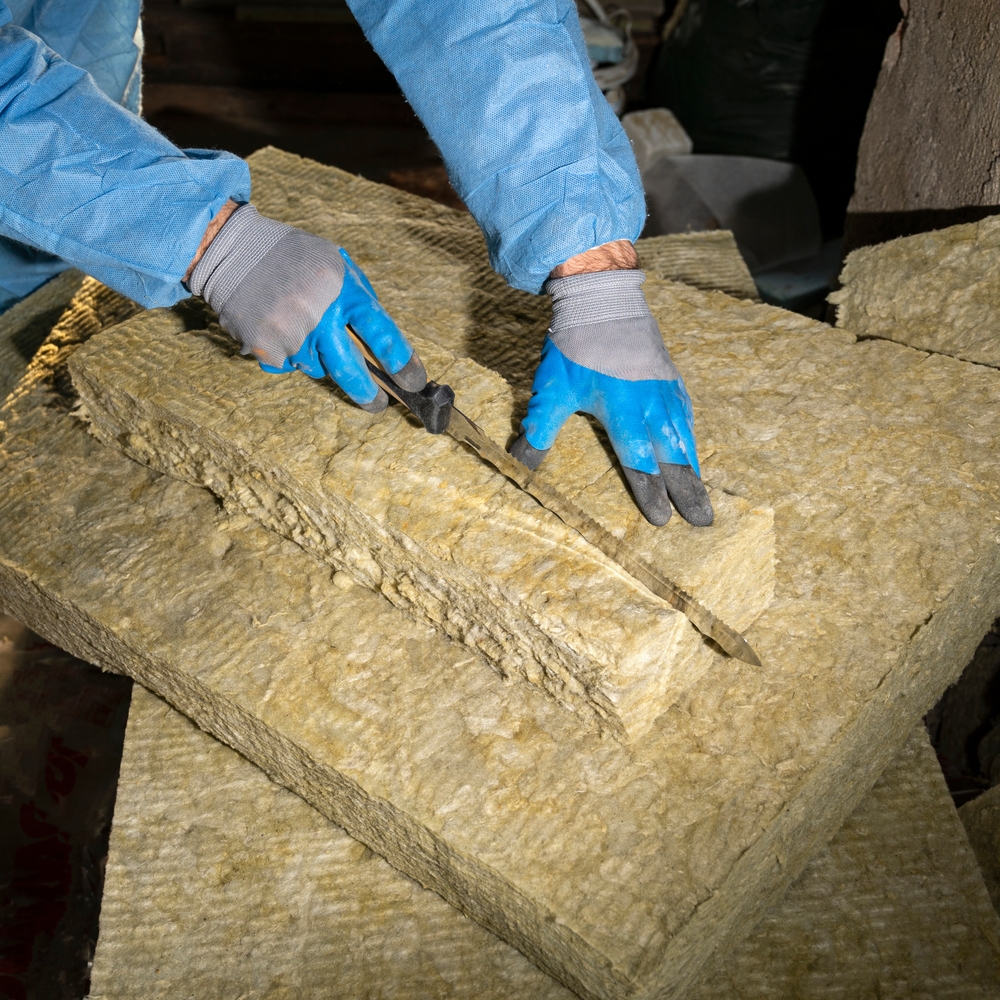What Is Cement Made Of?
| by Holly Wood
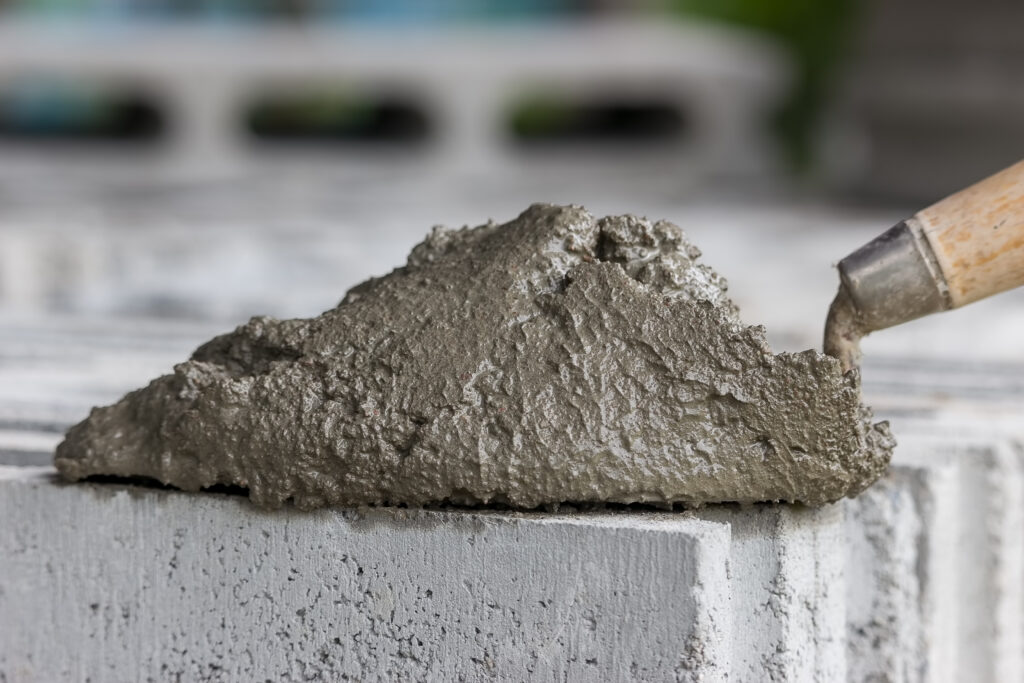
Cement: it’s the go-to material for all kinds of projects, from building homes to parking lots, but what is cement made of?
It might come as a surprise to some to learn that cement isn’t a single material, but actually a mixture of several minerals.
With its unique ability to transform wet, powdery elements into hard surfaces capable of enduring harsh weather conditions, learning about what goes into making this indispensable material can help us understand why cement has been around for centuries – and still remains an integral part of our everyday lives.
The Raw Materials
Cement production starts with a careful selection of raw materials, which primarily include limestone, clay, iron ore, and aluminium oxide.
These materials serve as the foundation for cement manufacturing and directly impact the quality and characteristics of the final product.
From Raw Materials to Fine Powder: How Manufacturers Manufacture Cement
Cement manufacturing is a meticulous process that takes place in a cement plant, where raw materials are subjected to high temperatures and chemical reactions to produce cement.
The manufacturing process involves several key stages, including the following:
- Grinding Raw Material: Crushing and grinding limestone and clay results in a fine powder called raw meal, forming the base for cement production.
- Formation of Cement Clinker: These raw materials then undergo a transformative journey as they are exposed to scorching sintering temperatures, reaching as high as 1450 °C within the confines of a cement kiln. During this intricate process, the chemical bonds that hold the raw materials together undergo a chemical reaction that breaks the bonds down, paving the way for their ultimate recombination into innovative and novel compounds. The calcium carbonate present in the limestone decomposes into calcium oxide (quicklime) and carbon dioxide gas.
- Cement Grinding: Cement mills further grind the clinker to create cement powder. Then, they combine this powdered cement with gypsum to produce cement.
The Difference Between Mortar & Cement
Cement, concrete, and mortar are distinct materials.
The key difference lies in their composition: cement is a fine binding powder used in combination with other elements; cement mortar comprises cement and sand, while concrete consists of cement, sand, and gravel.
Types of Cement
Cement comes in various types, each tailored to suit specific construction needs.
Ordinary Portland cement, renowned for its versatility and durability, stands as the most commonly used type.
Other types include hydraulic cement and non-hydraulic cement, both with unique properties for various applications in the construction industry.
Whether you’re looking for a rapid setting and hardening cement or reliable ready mixed concrete, find it all on our Cements & Limes category.
Environmental Impact and Sustainability
It’s no secret that cement production has a significant impact on carbon emissions. Its production sees the burning of fossil fuels to heat the rotary kiln.
However, the cement industry is actively seeking ways to reduce its environmental footprint. It does this by incorporating alternative fuels, such as fly ash and blast furnace slag. Furthermore, recycling materials are routinely used in the production process.
Conclusion
All in all, cement production isn’t just an industrial process: it’s a cornerstone of civil engineering and development.
Ultimately, cement is a keystone of our civilisation as we know it. Without it, many of the great structure and prominent buildings across the country simply wouldn’t exist.
There are many potential ways to explore cement’s possibilities throughout the years. It began rudimentary and evolved into a modern marvel. A simple blog post can’t do it justice.
So, next time you spot a cement pavement, remember it is incredible versatility. Appreciate all the effort that goes into producing it.
Related Posts
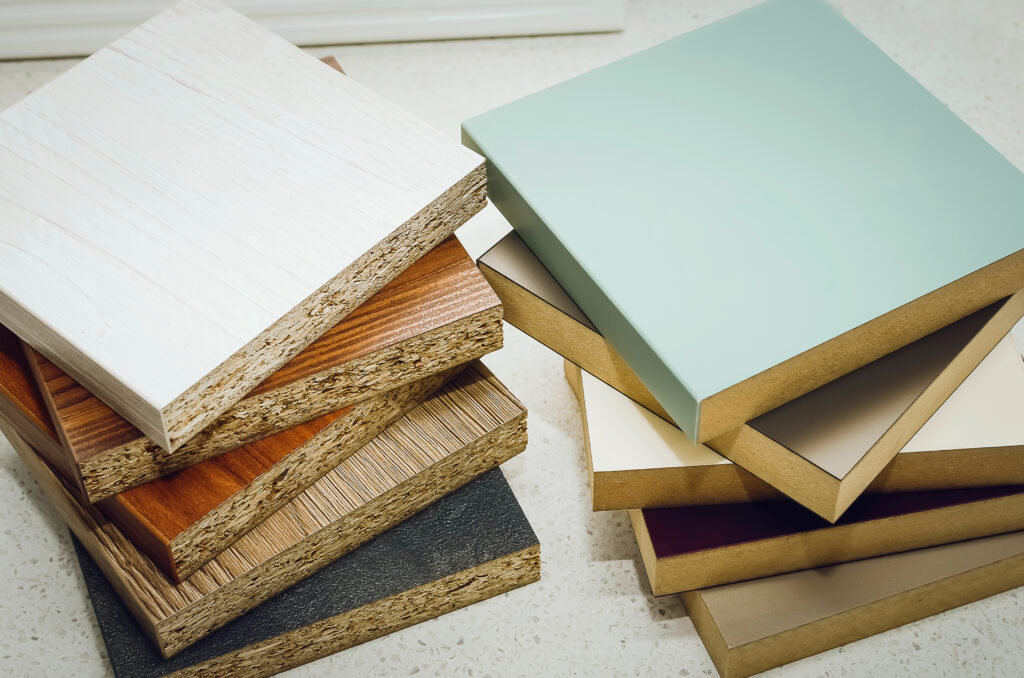
Chipboard vs MDF: Unveiling the Differences and Making the Right Choice

40 Financial Experts Reveal If Investing In Real Estate Is Worth It

International Men’s Health Week: Our study into men’s health and a medical guide to treating common ailments
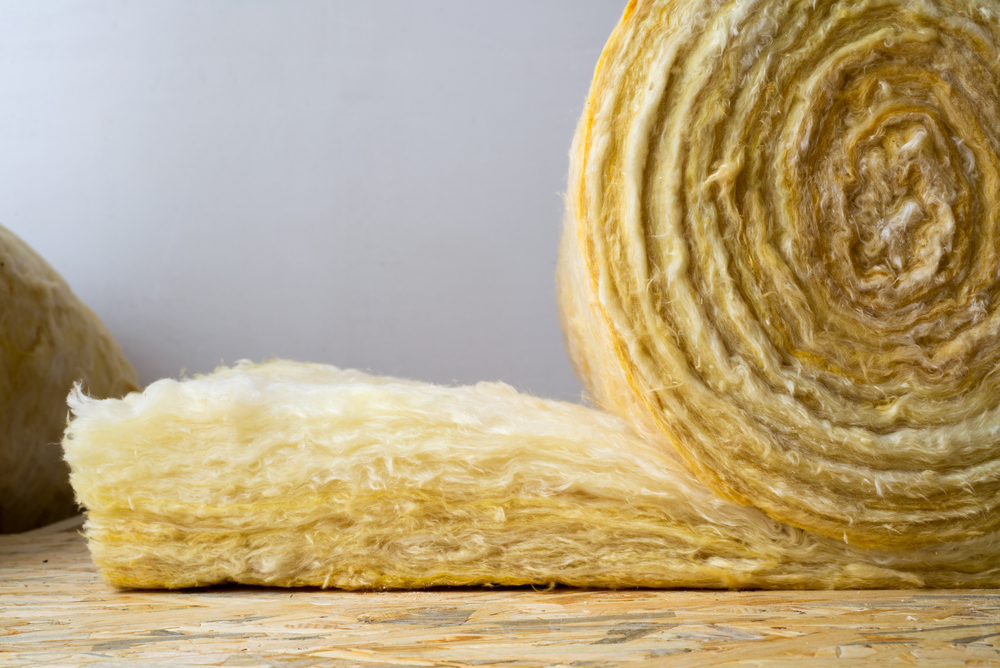
Insulation Rolls vs Insulation Slabs: Which Type is Better in a Partition Wall

Battle of the Builder’s Brew! Best way to make tea revealed (it’s never milk first, FYI)

Tidy house, tidy mind: Over half of Brits start DIY and home improvement projects to help mental health

Best in the bedroom: Survey reveals tradesmen make the best lovers

32% increase in ‘Doomsday Preppers’ building bunkers and safehouses











